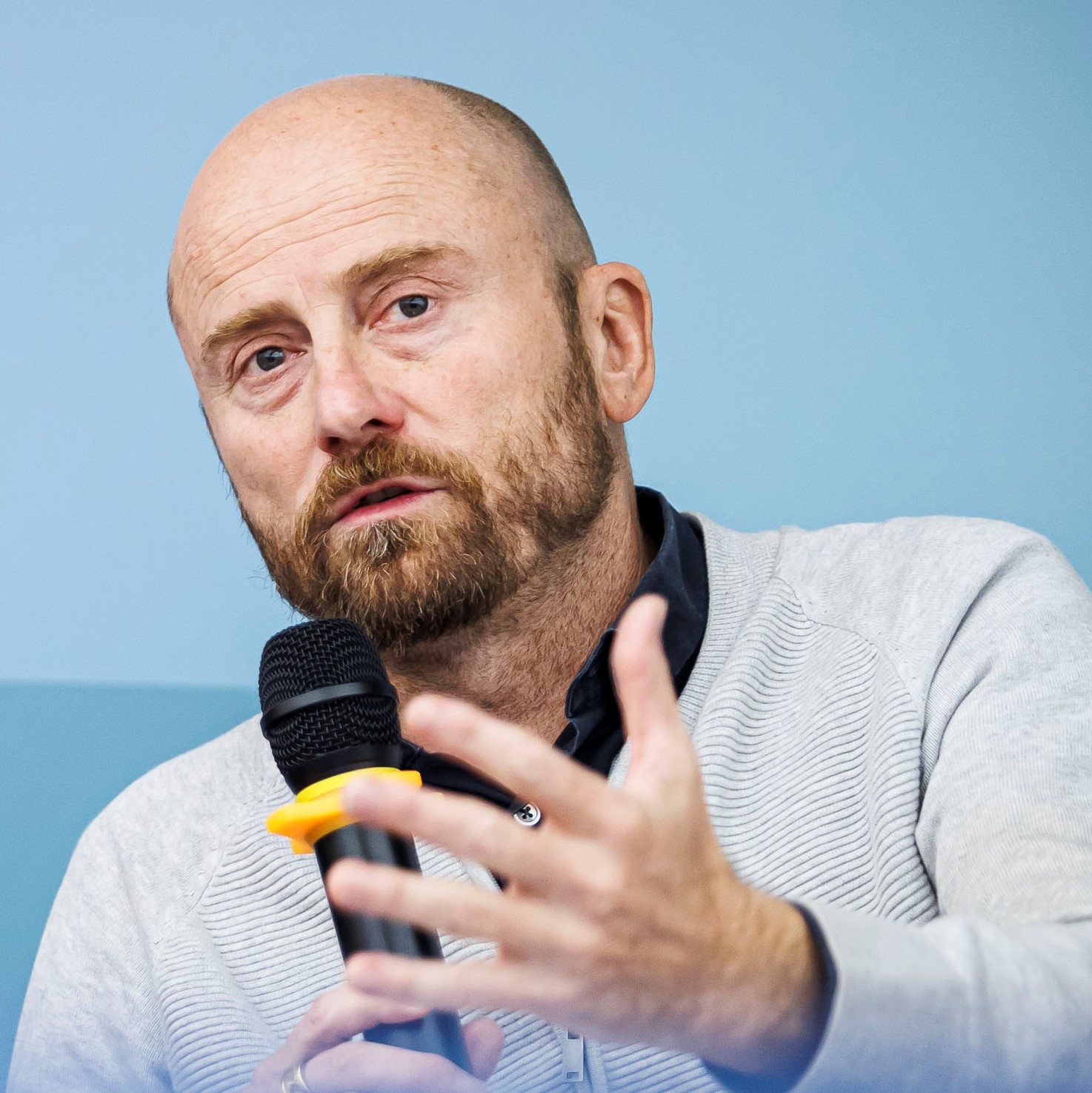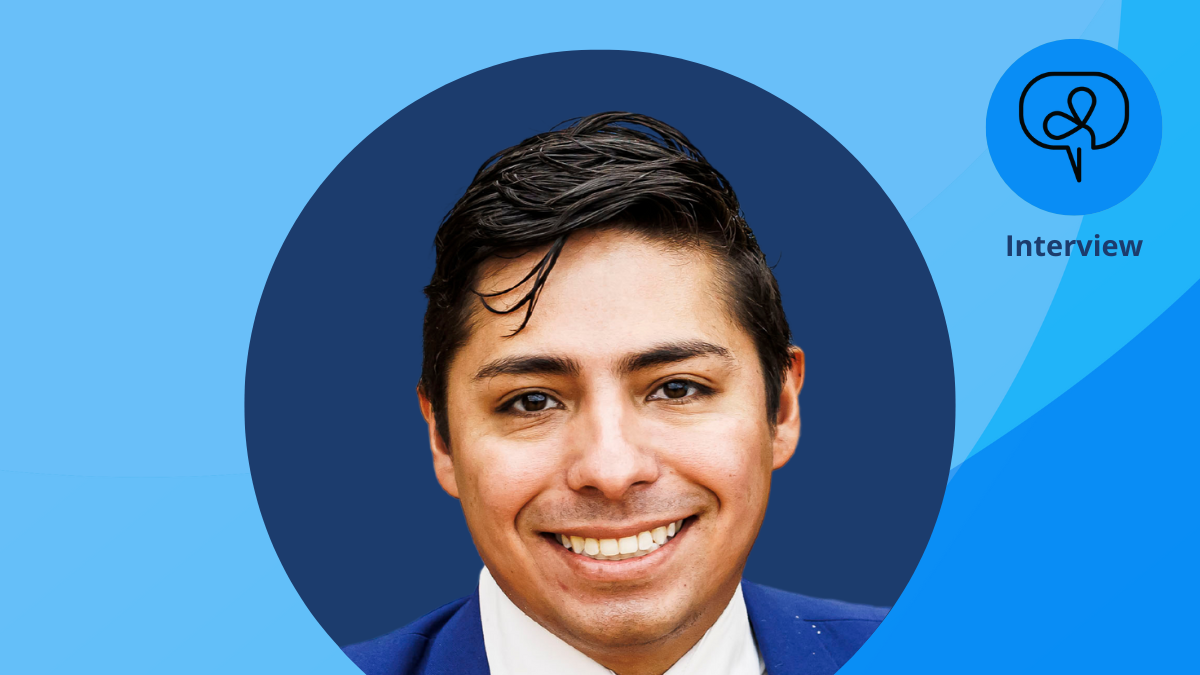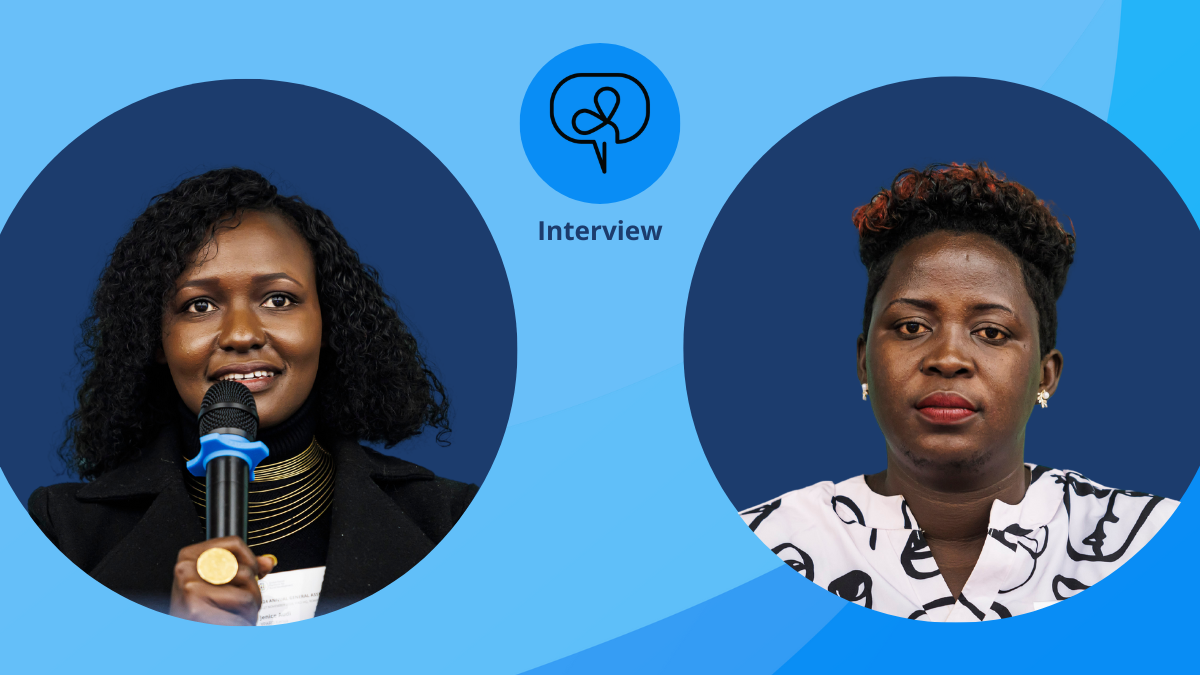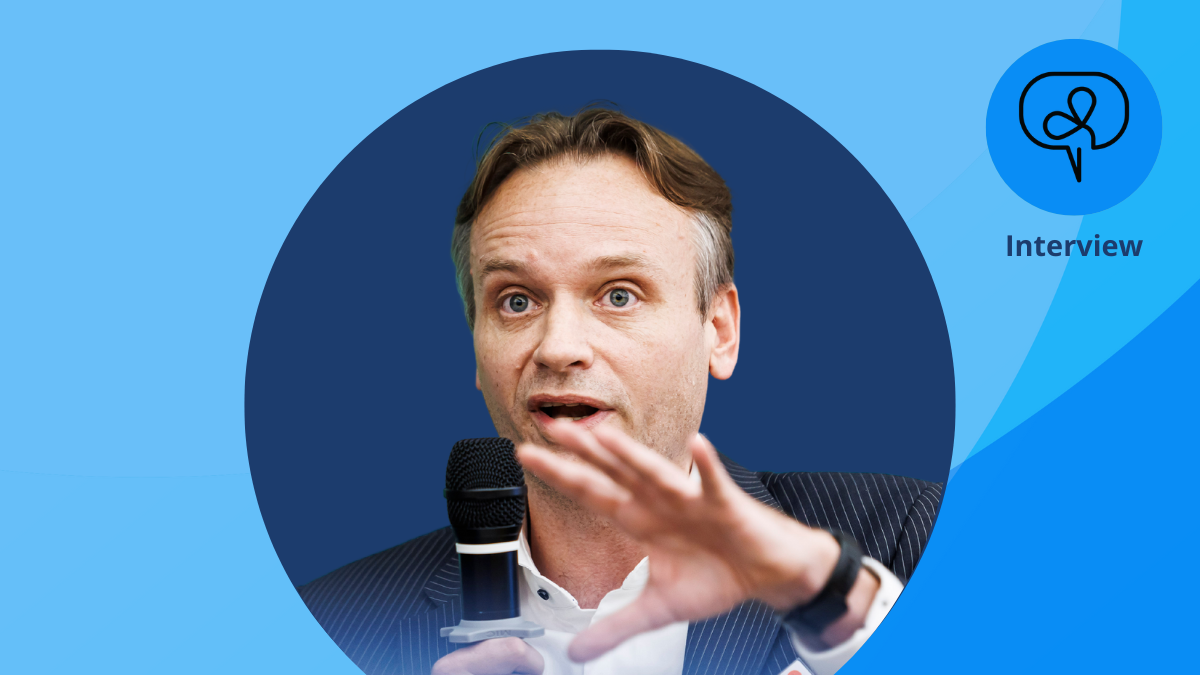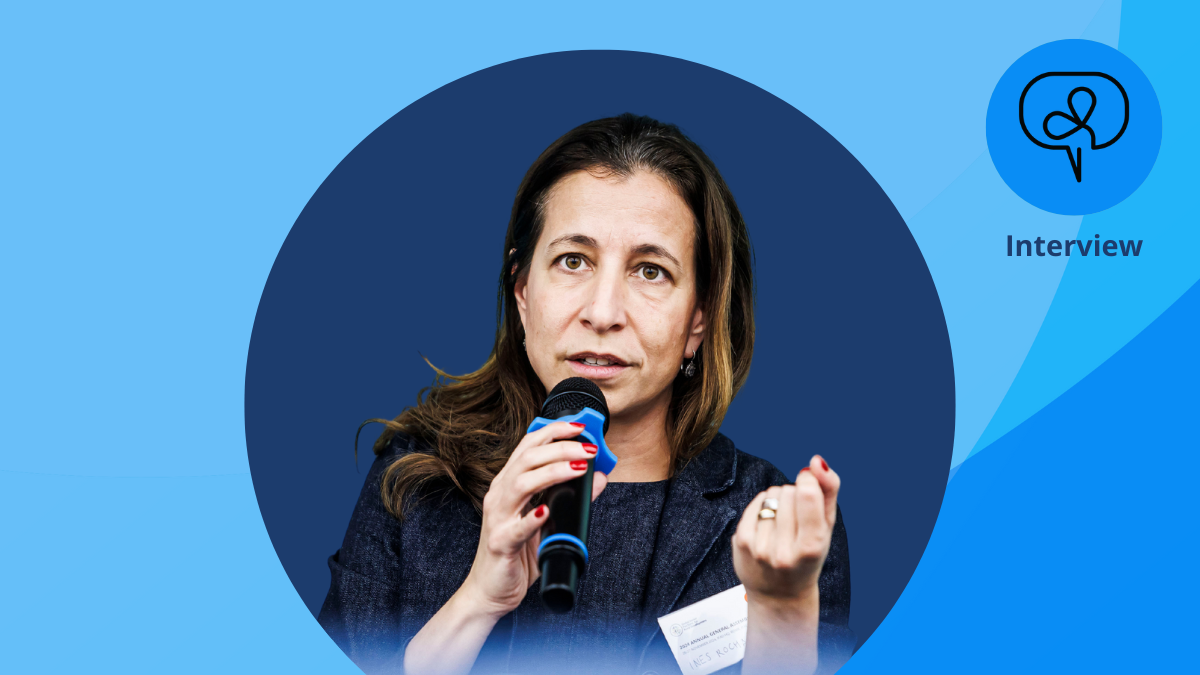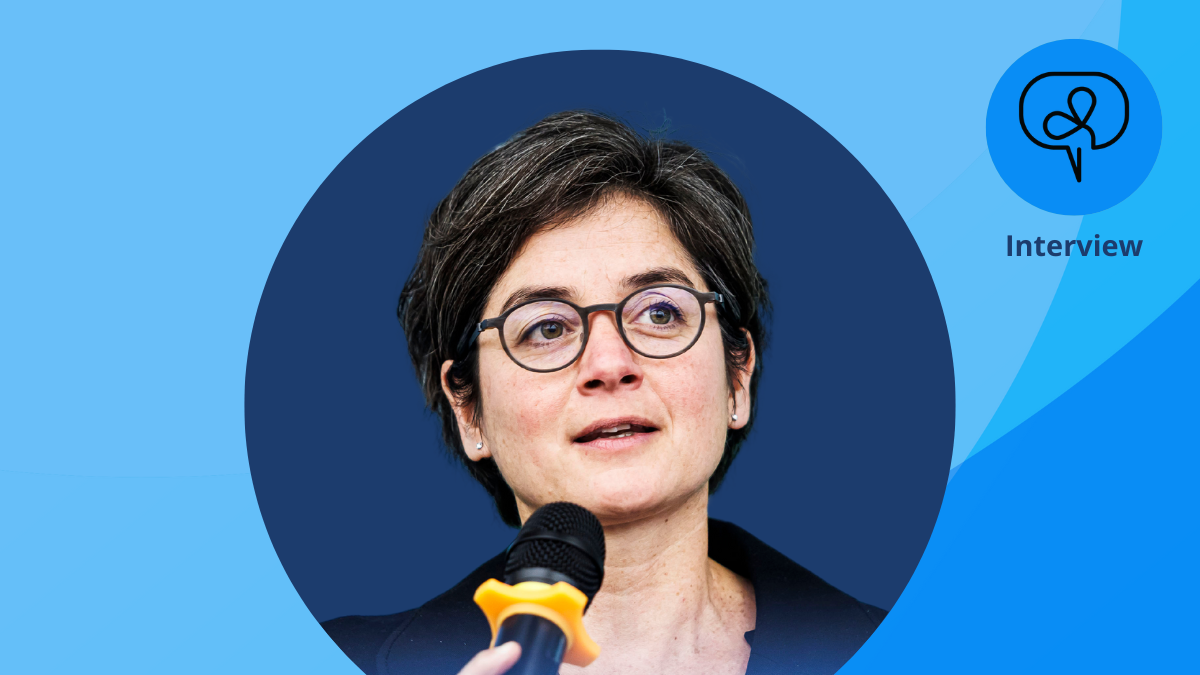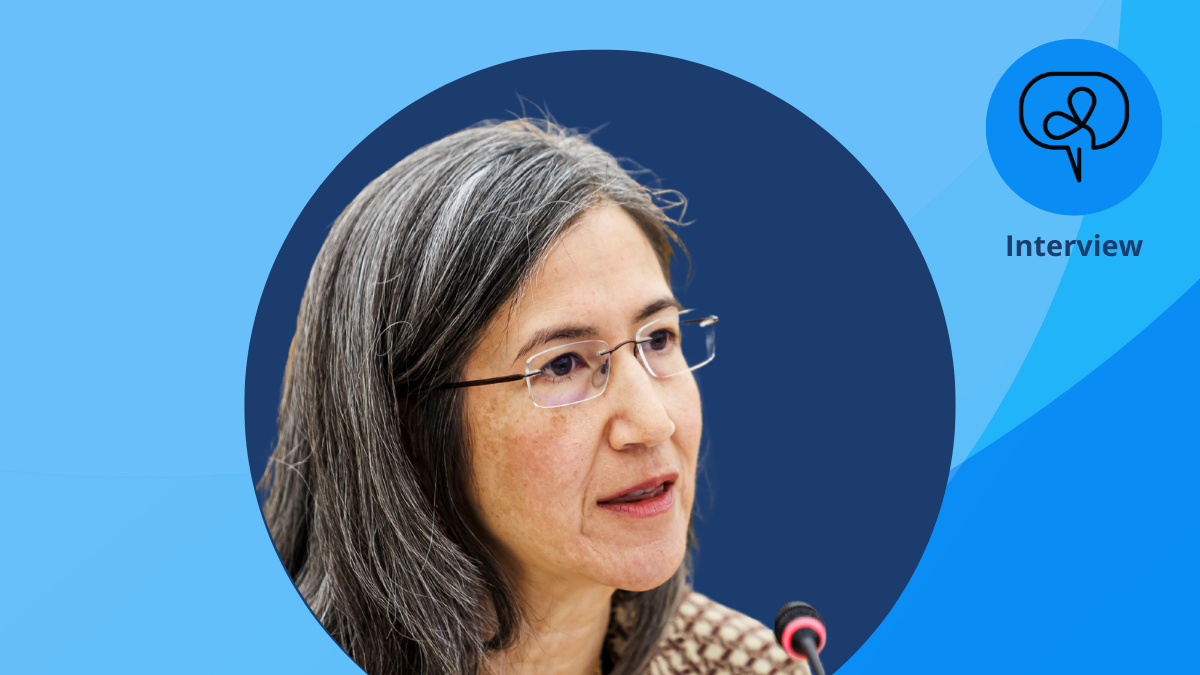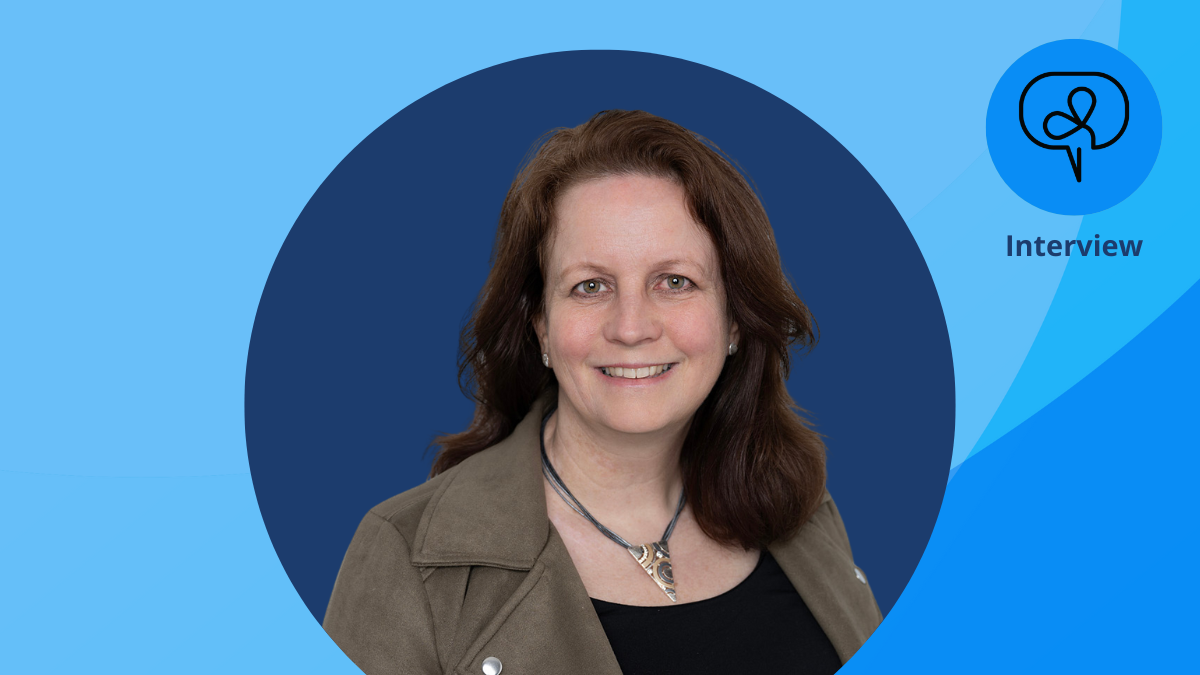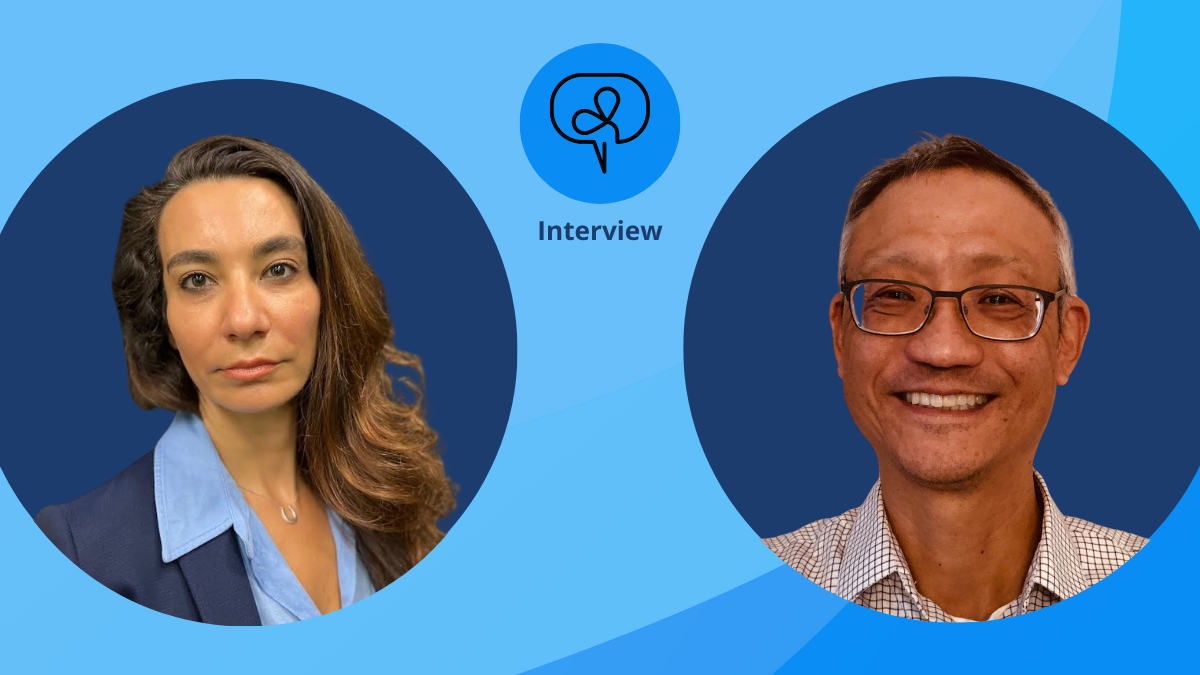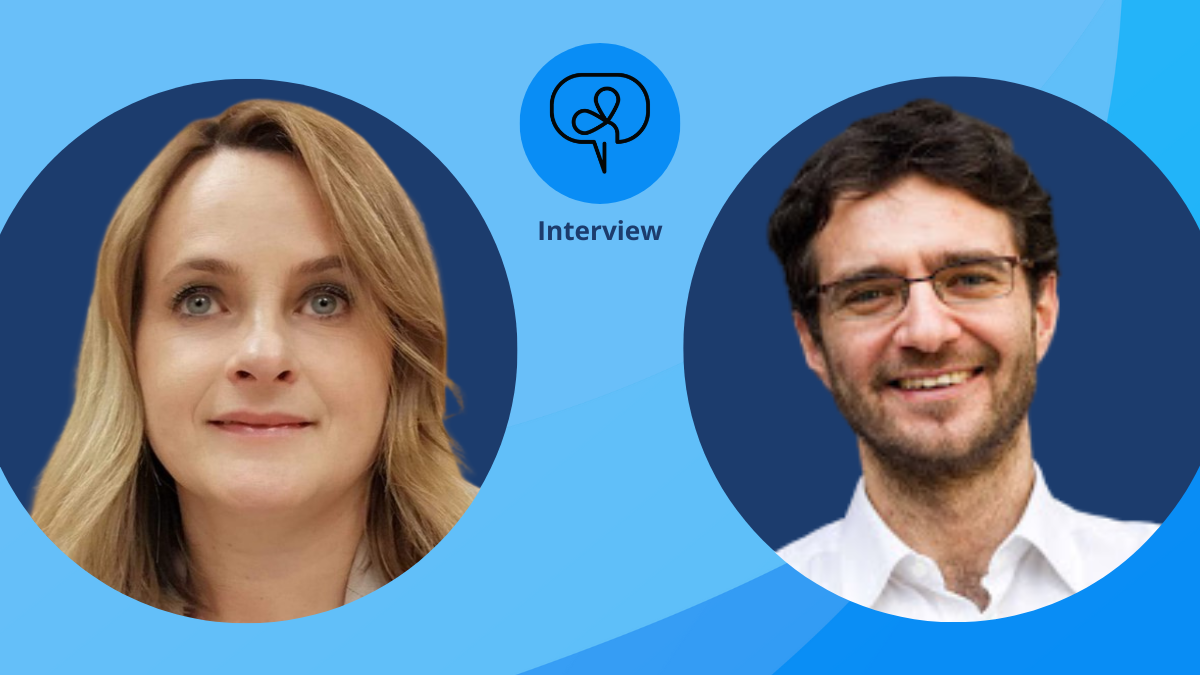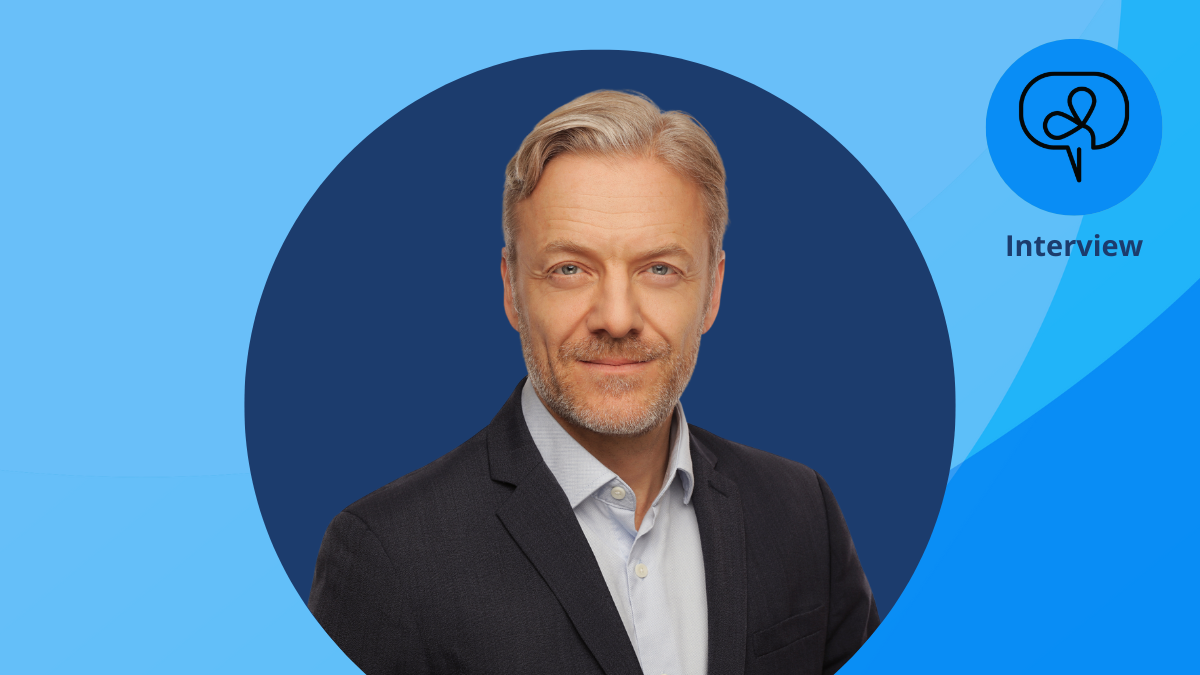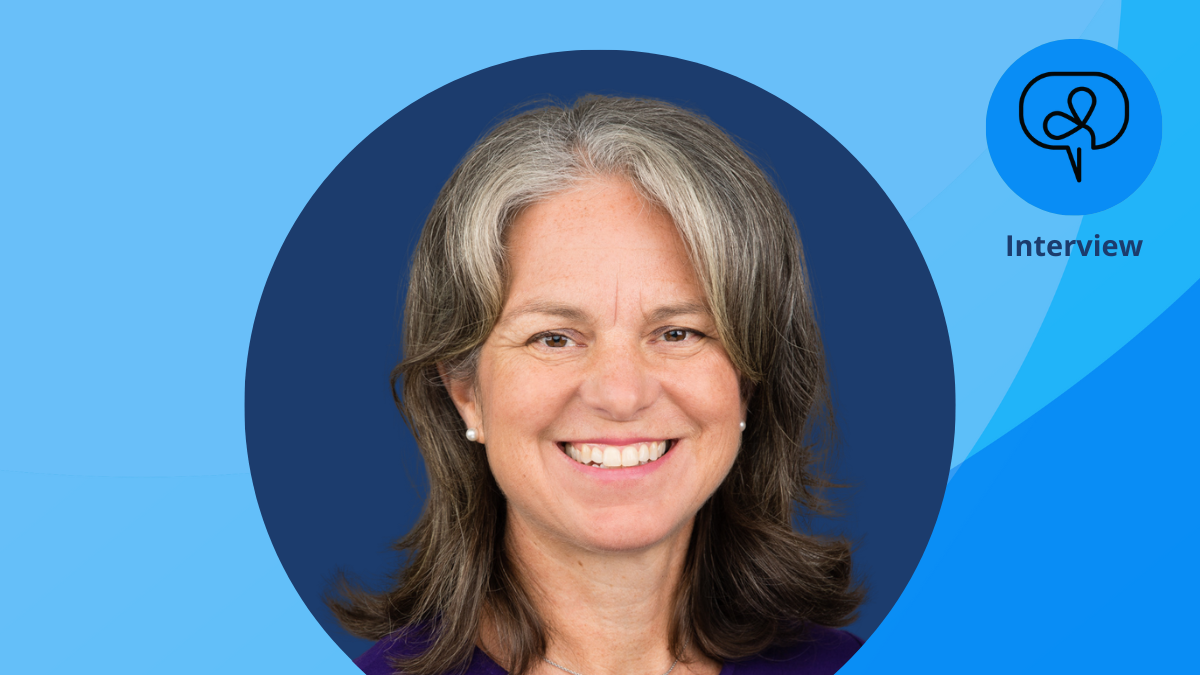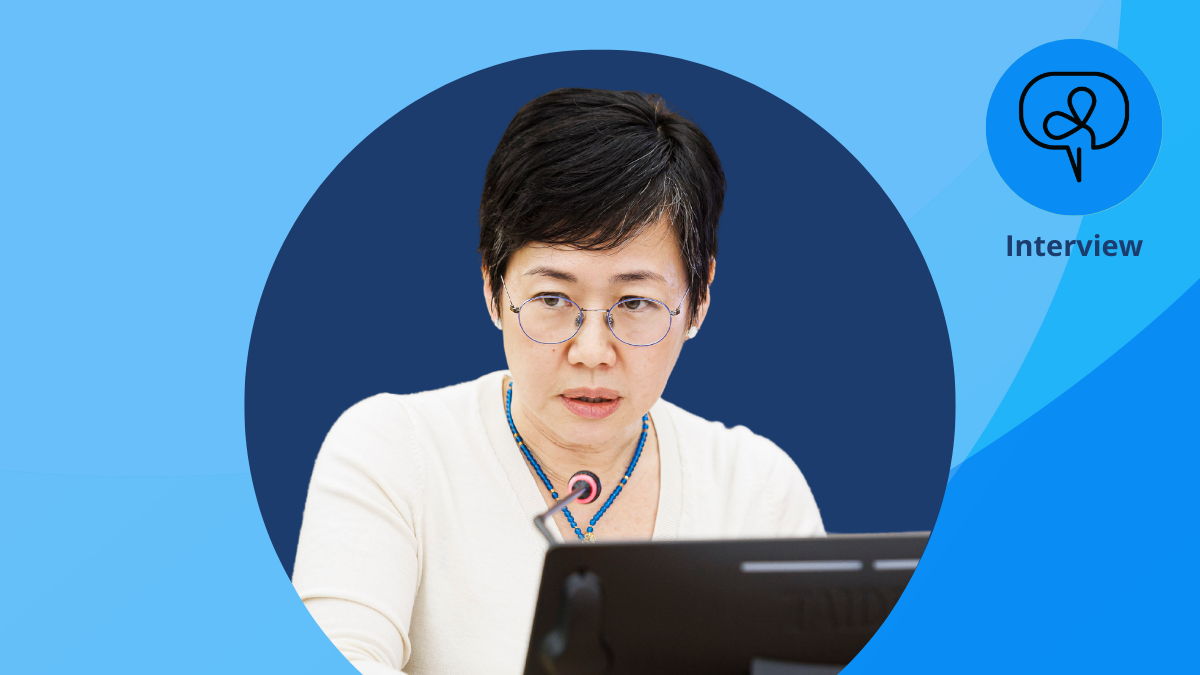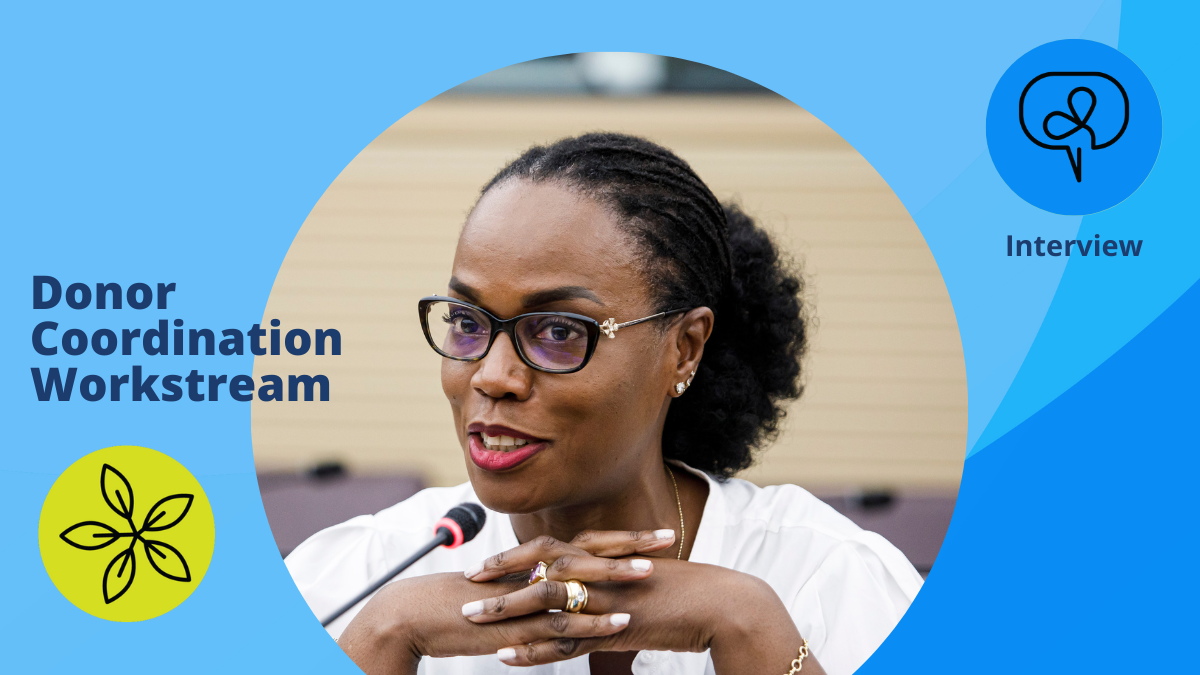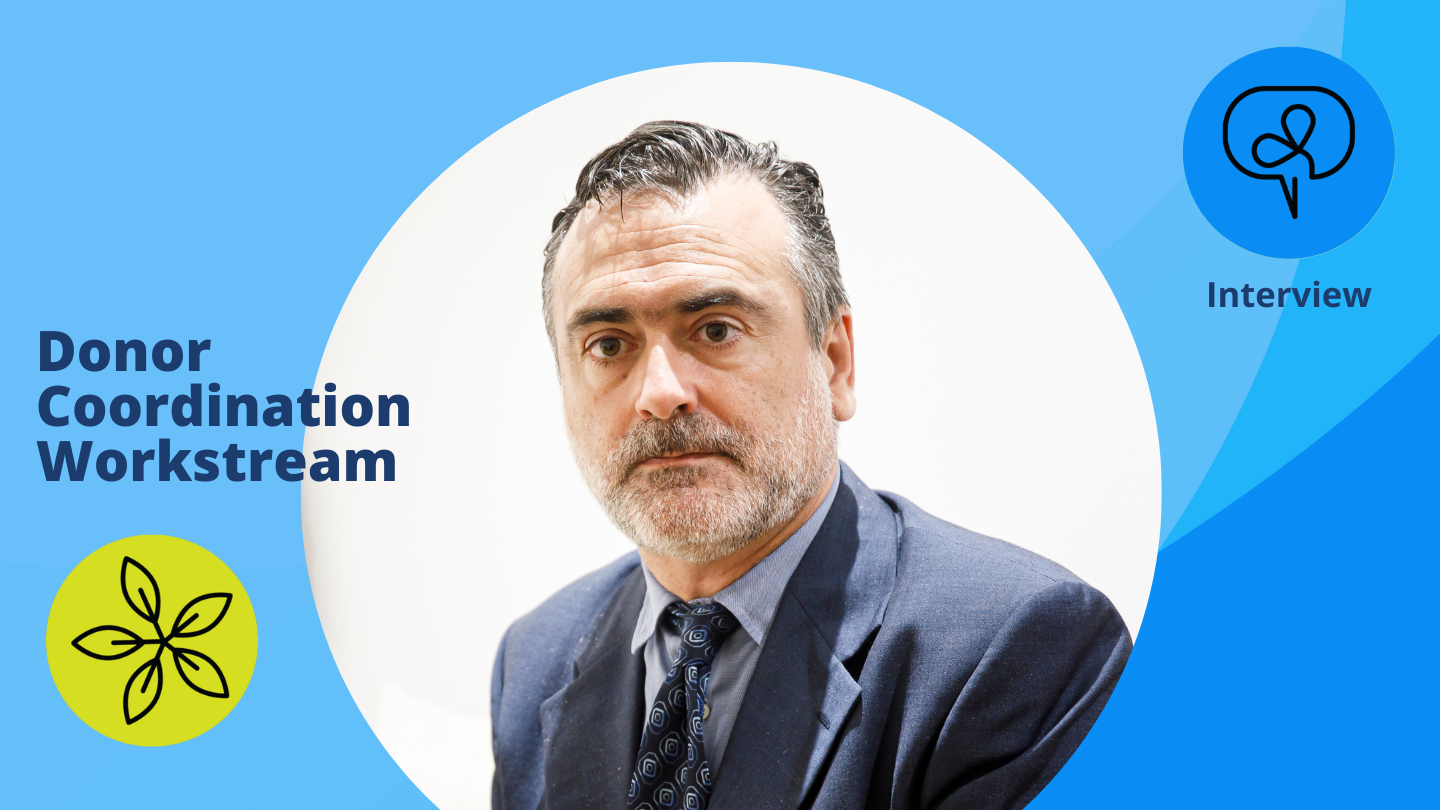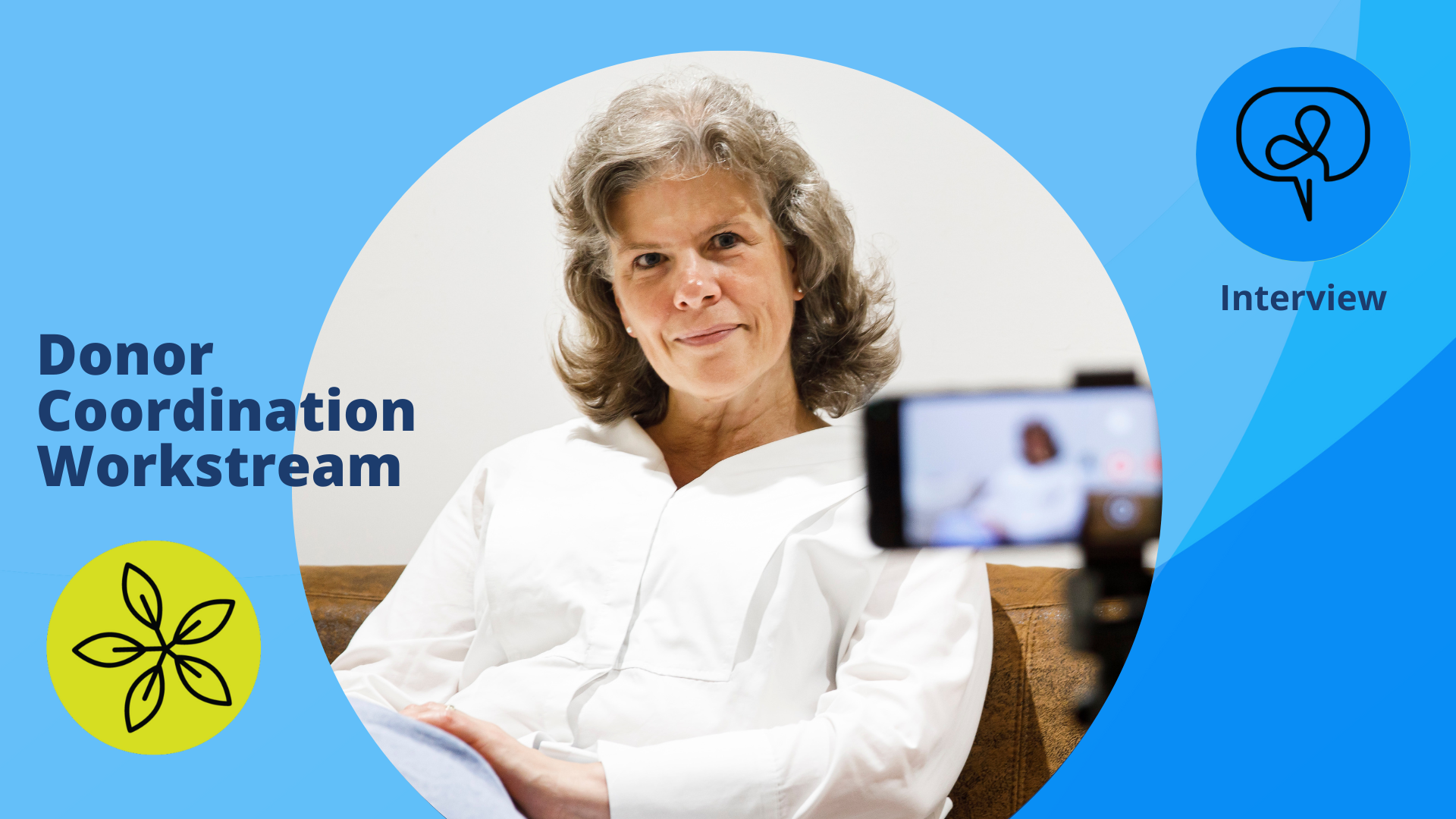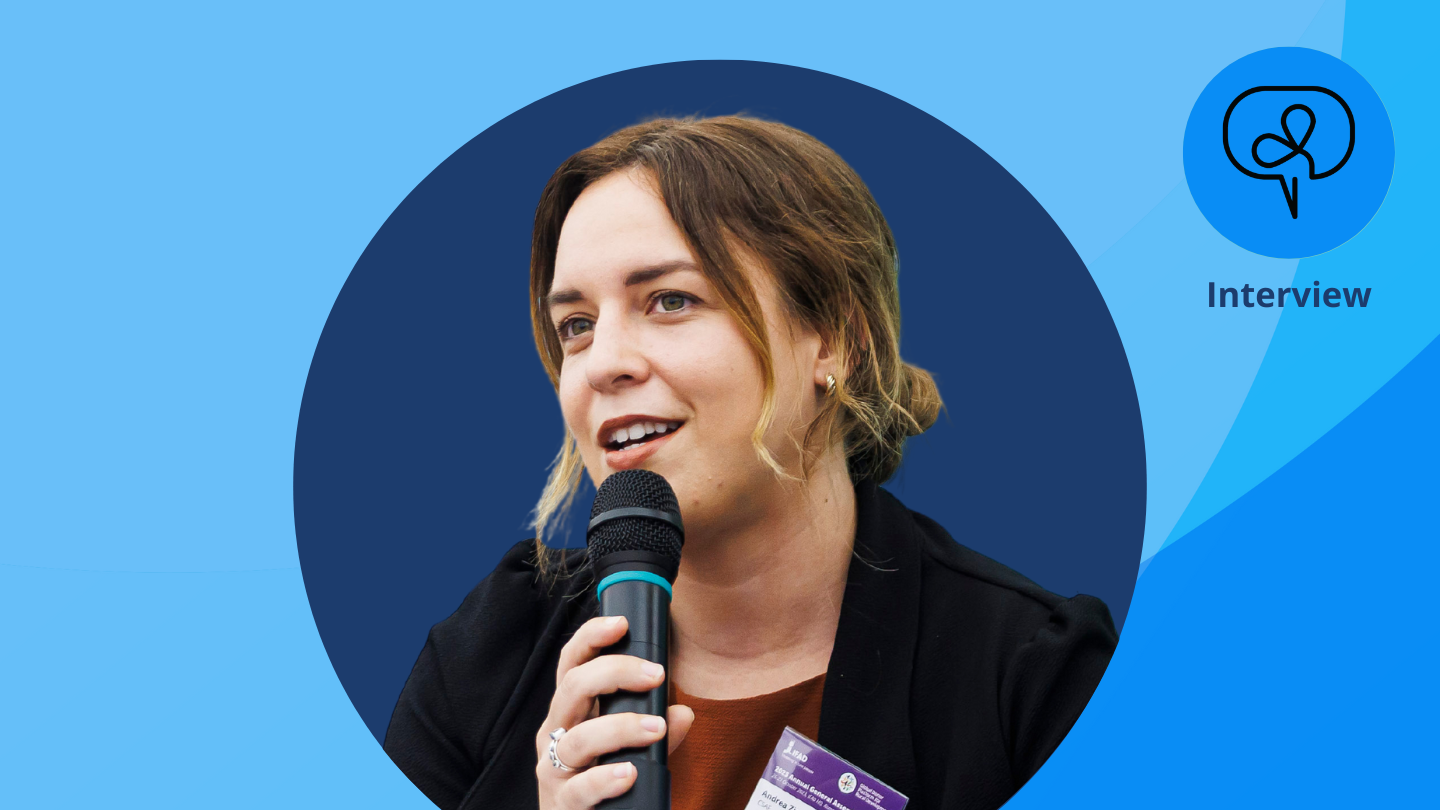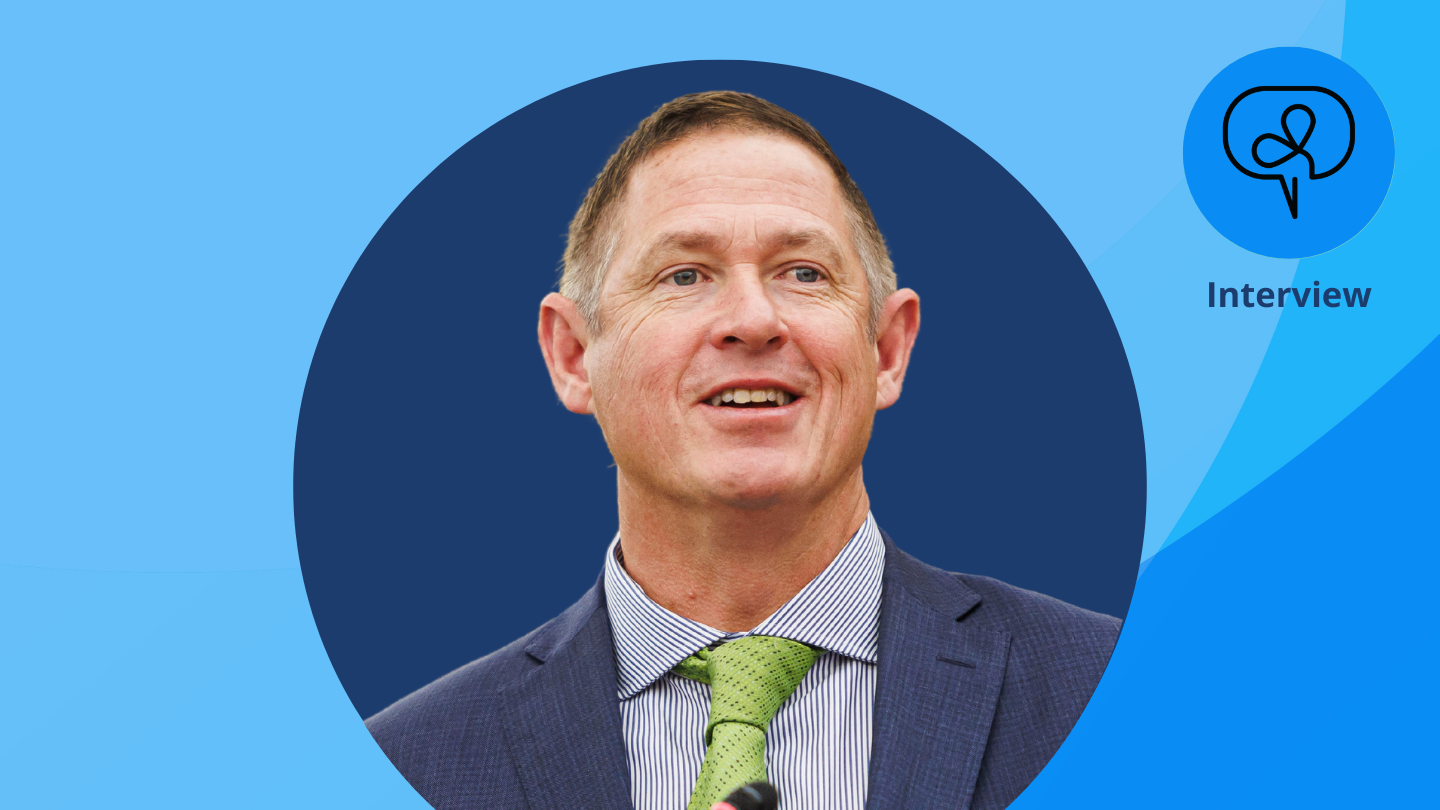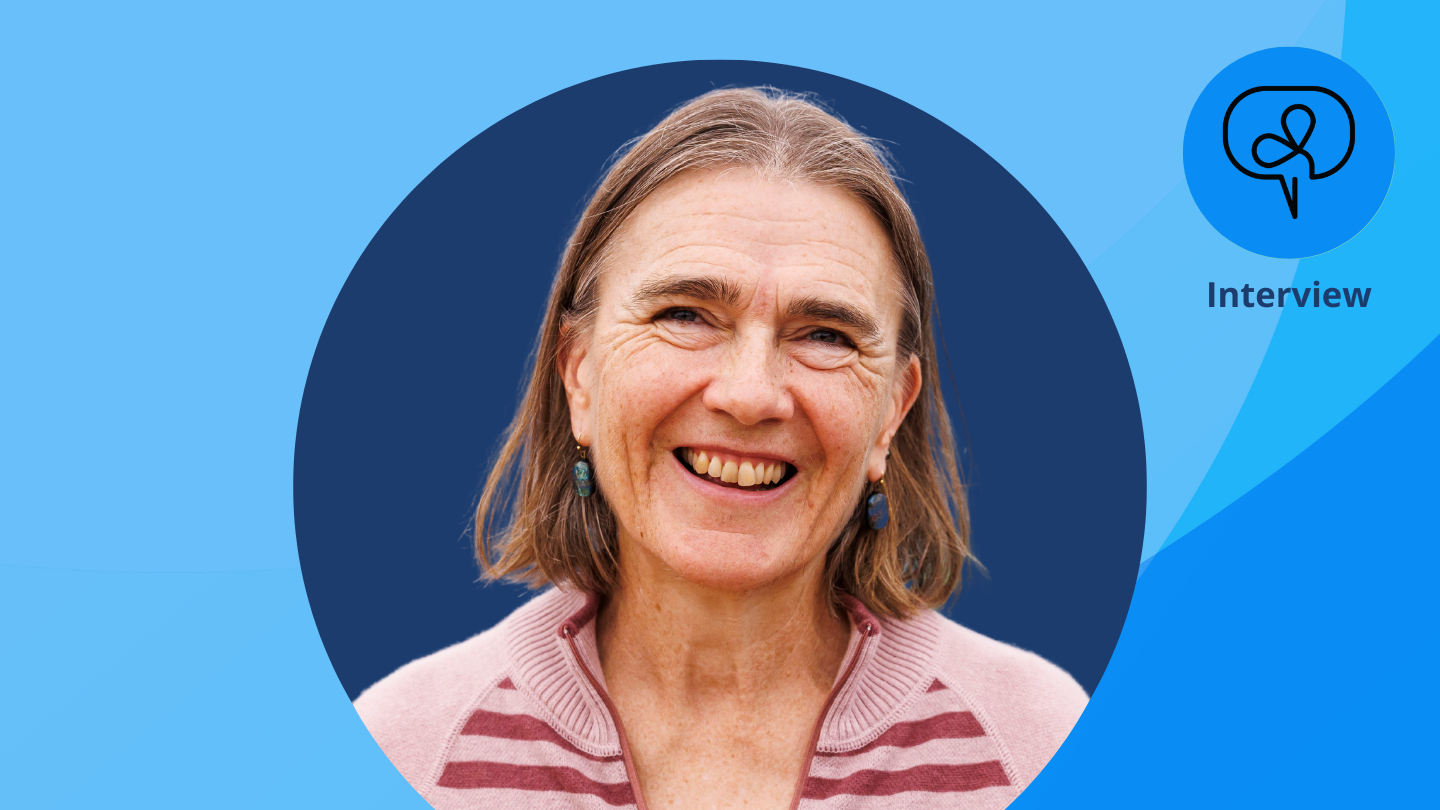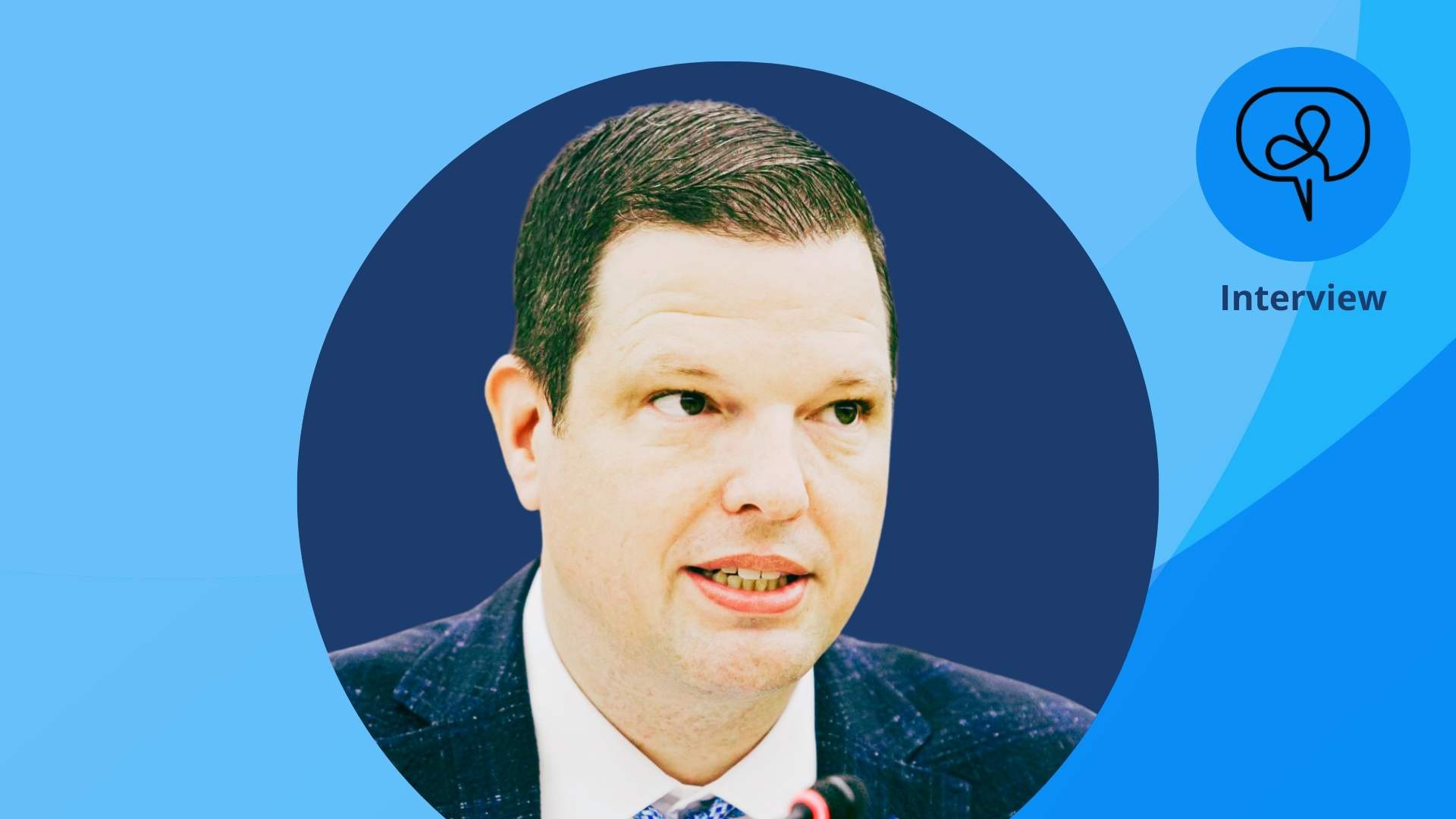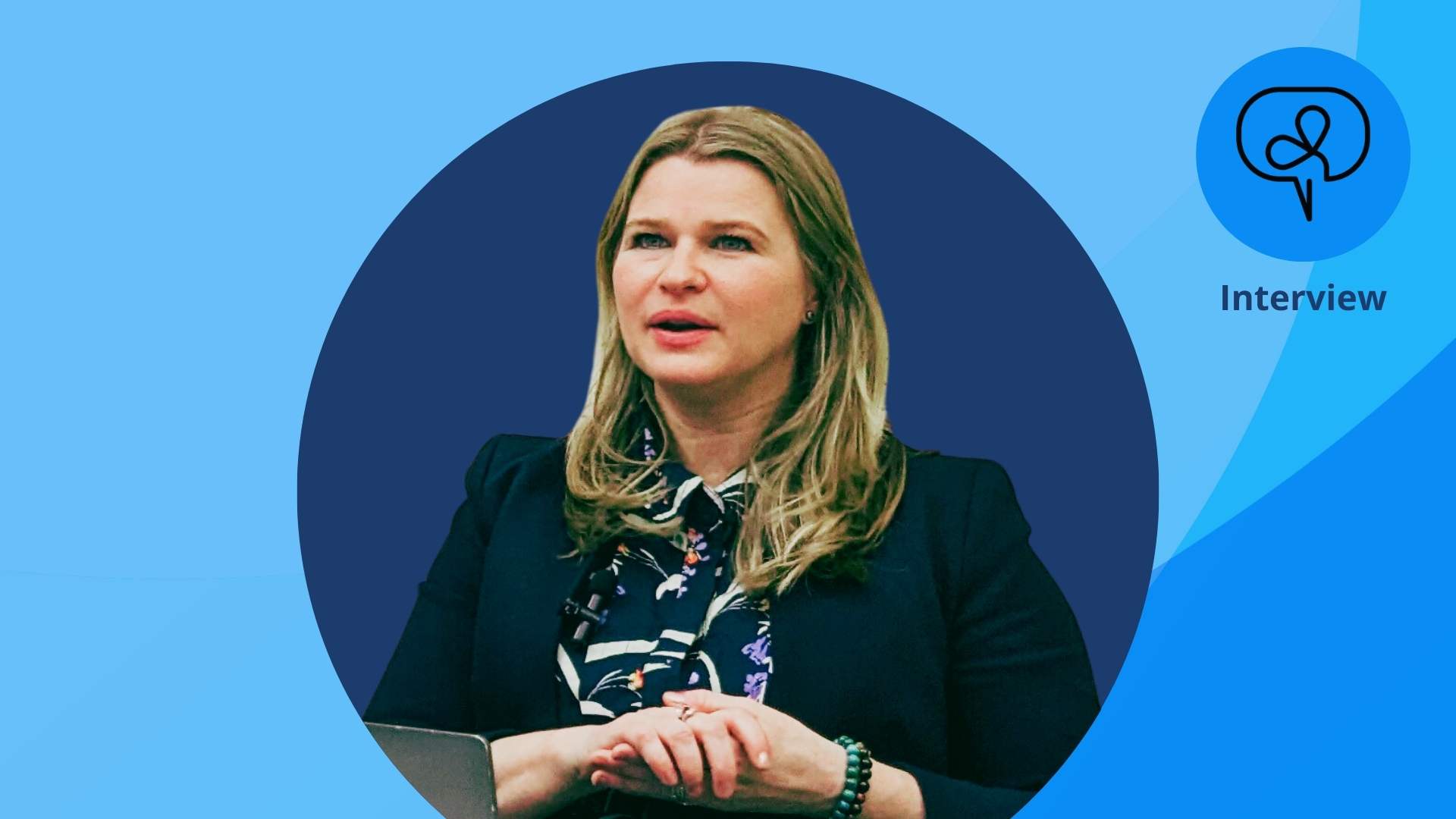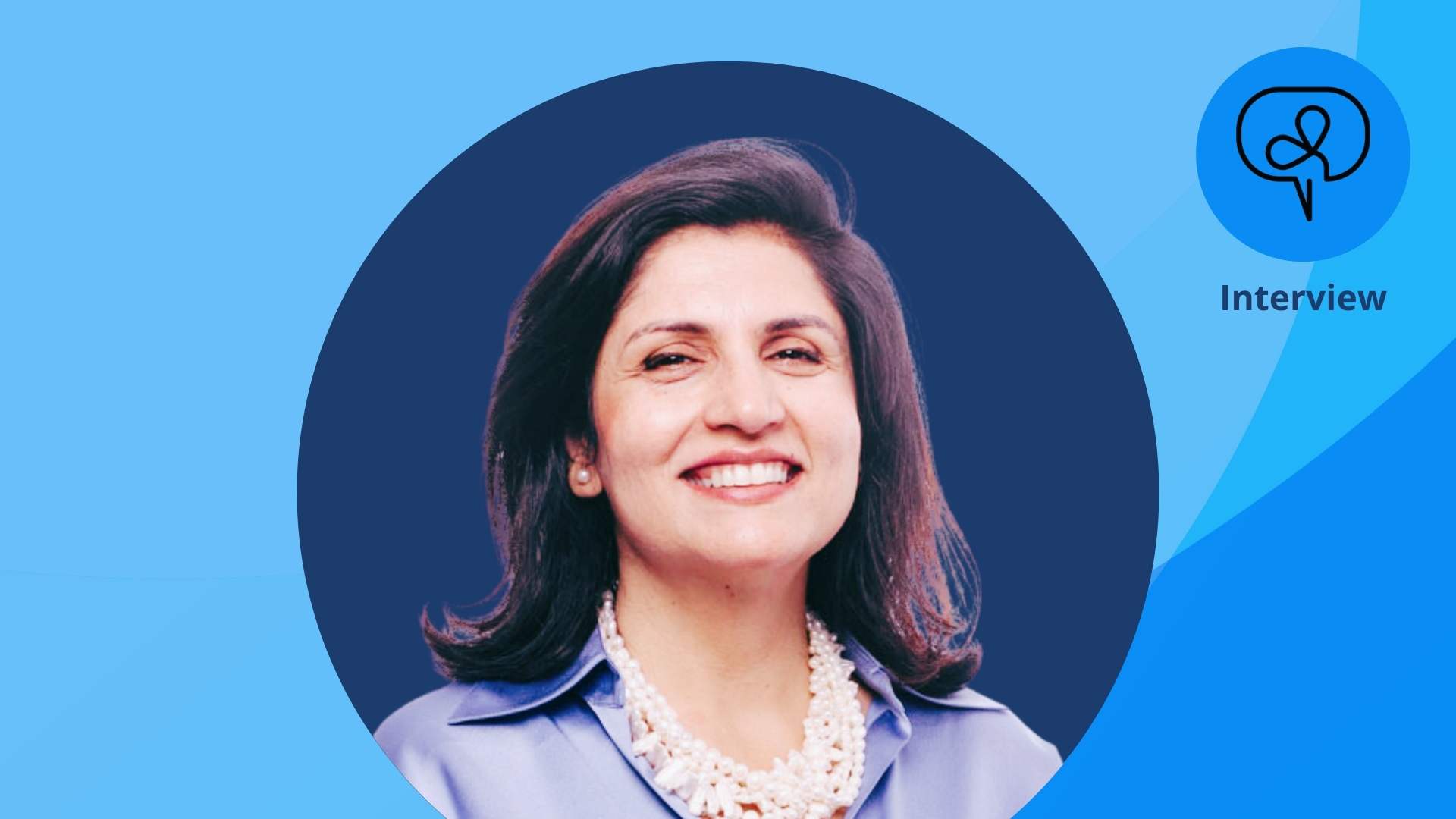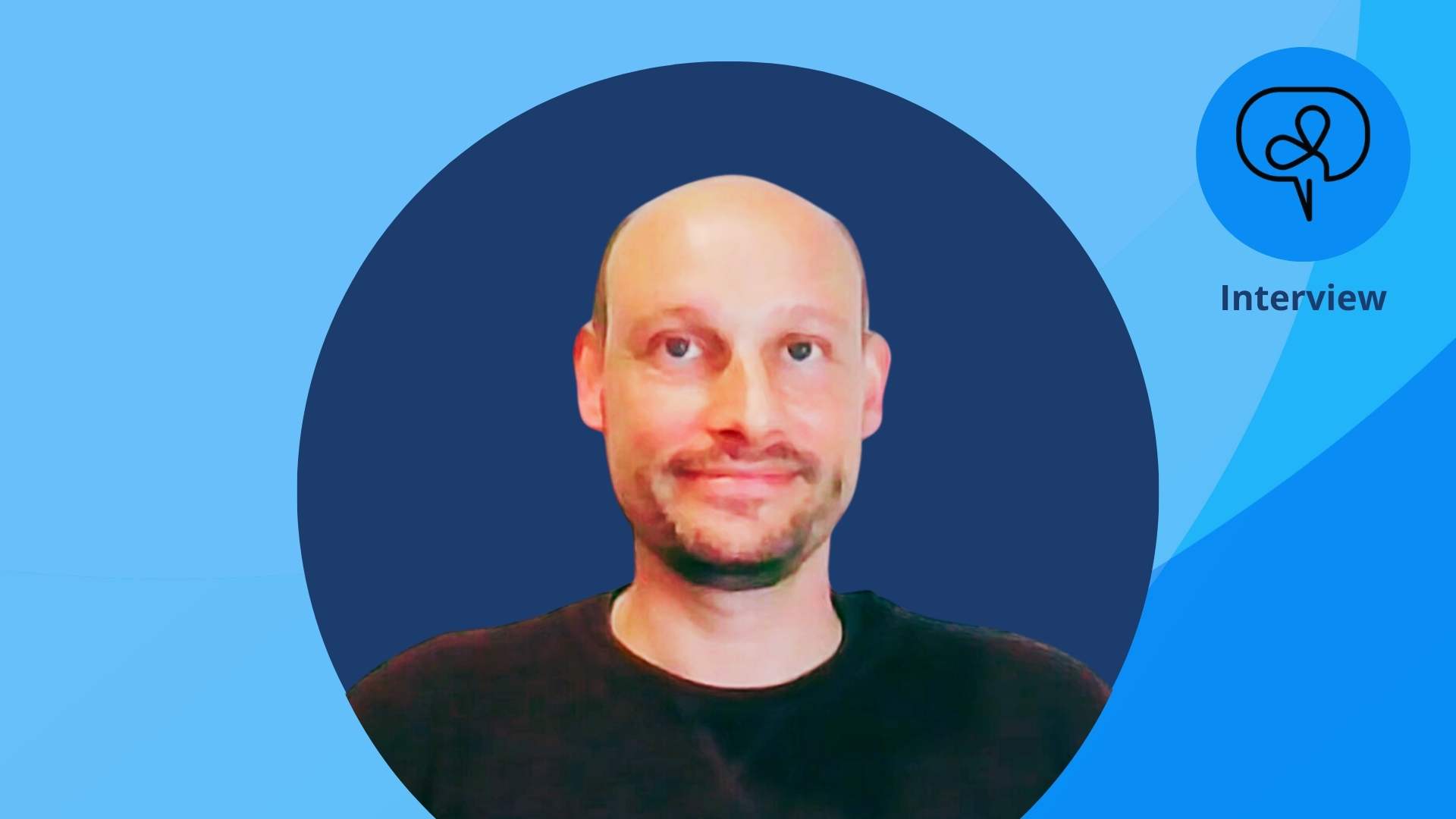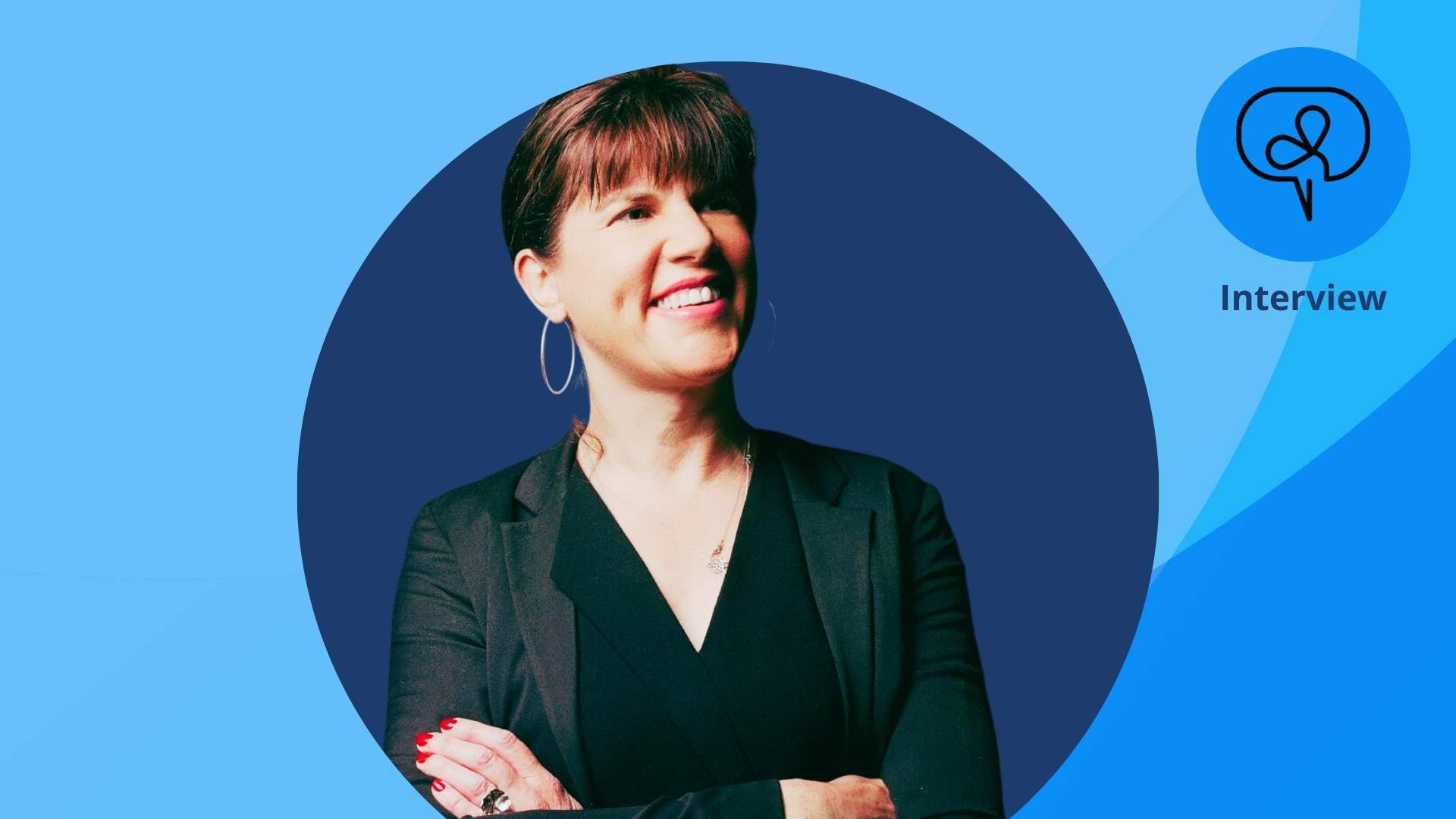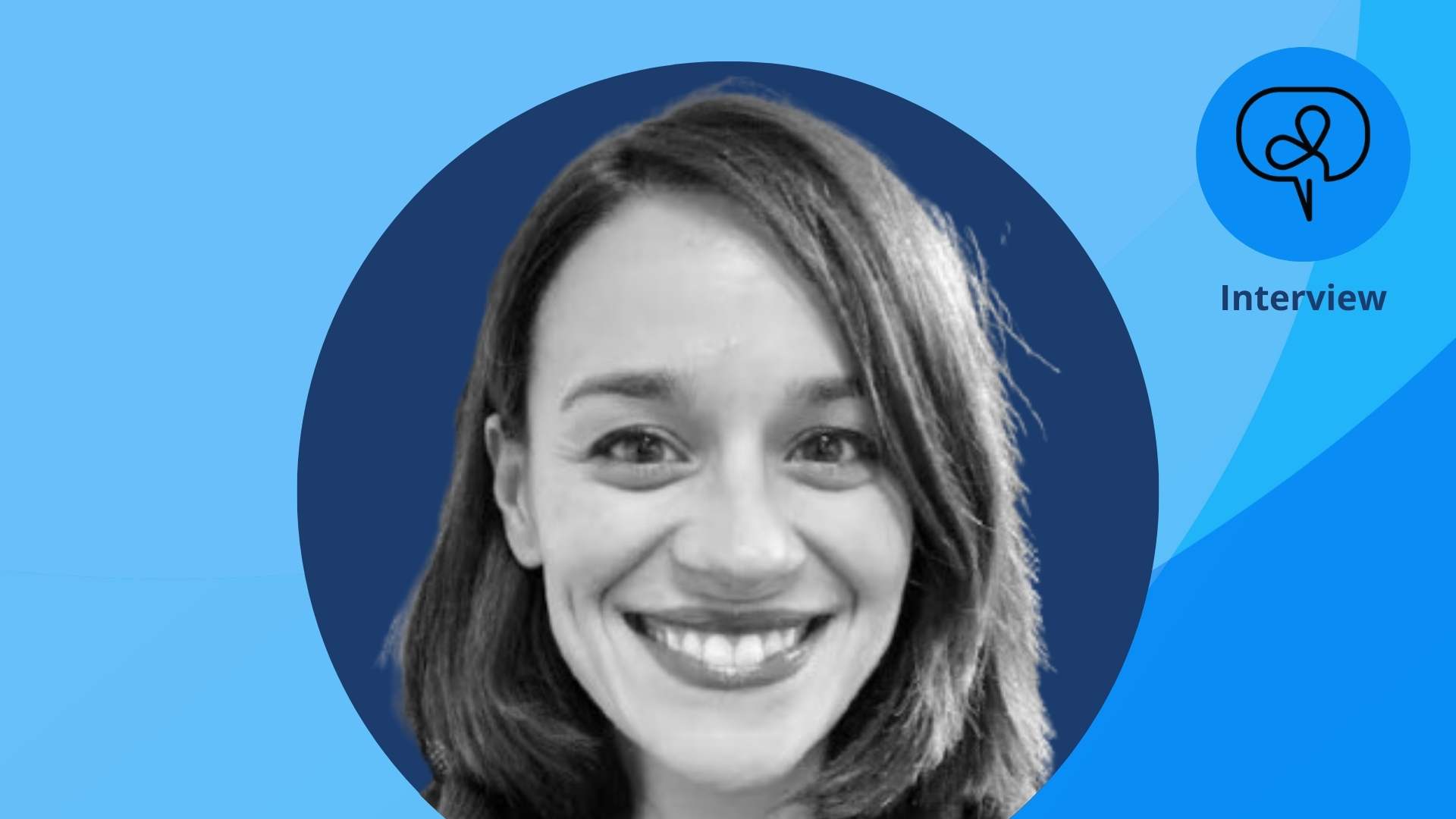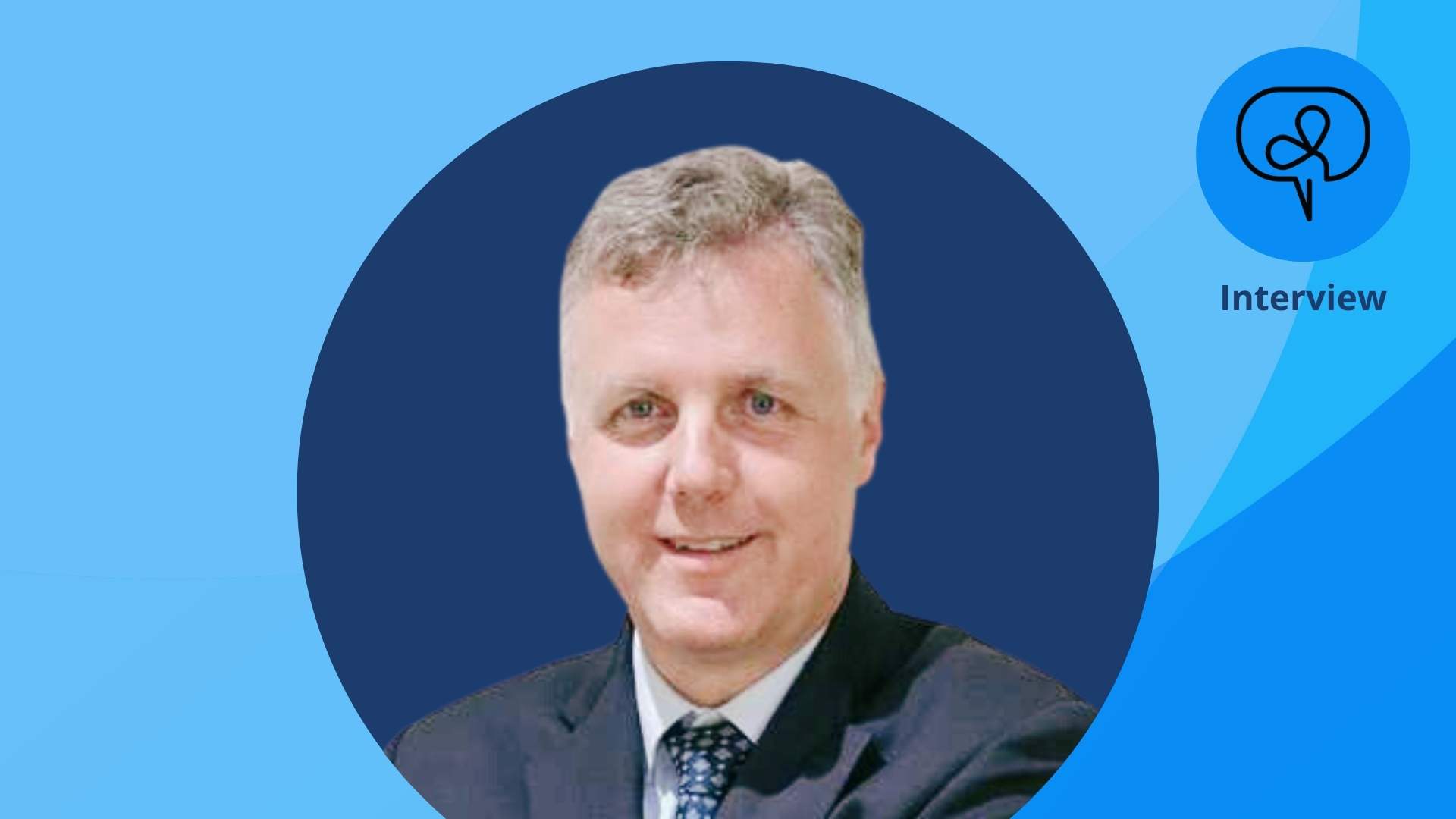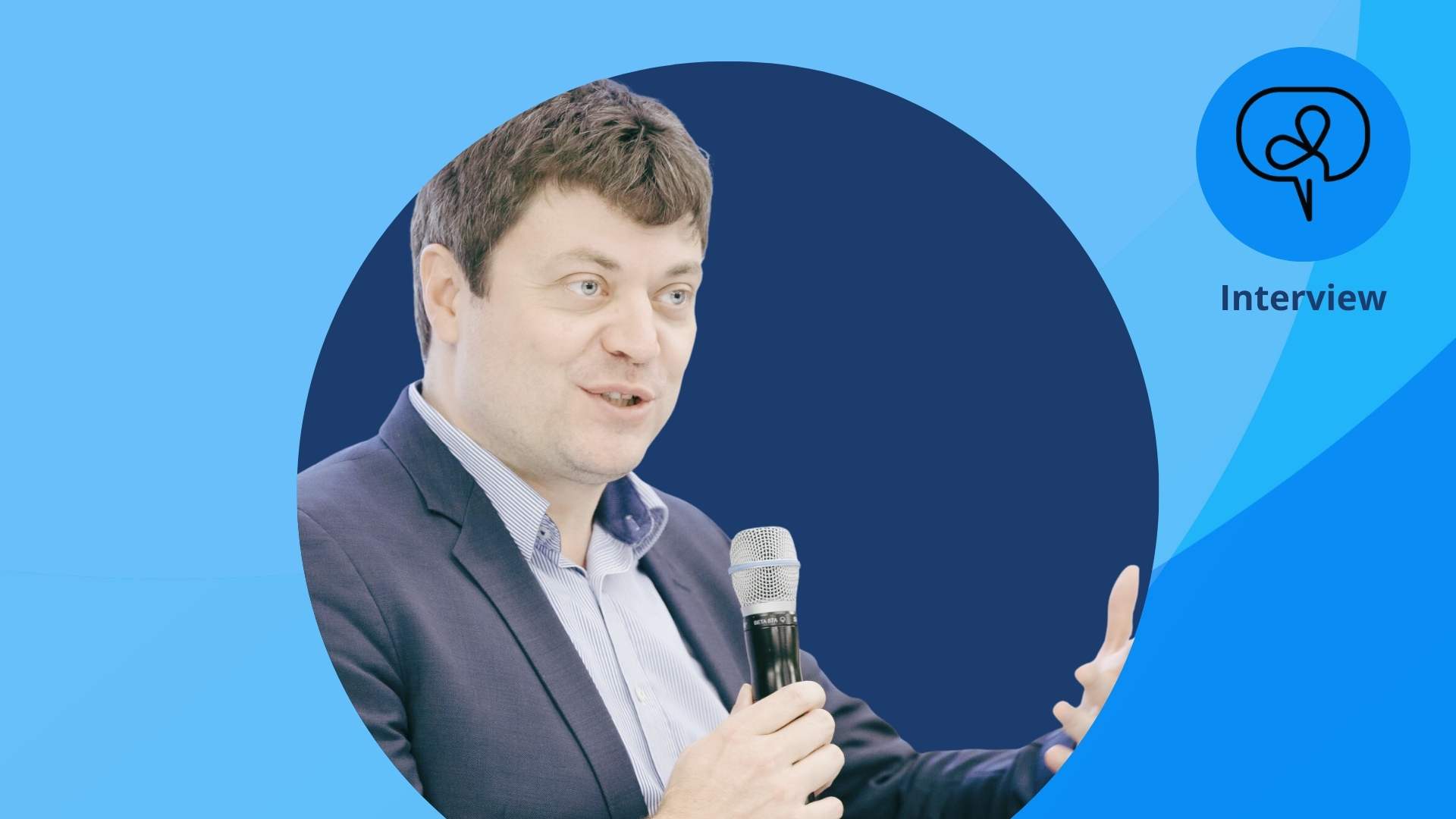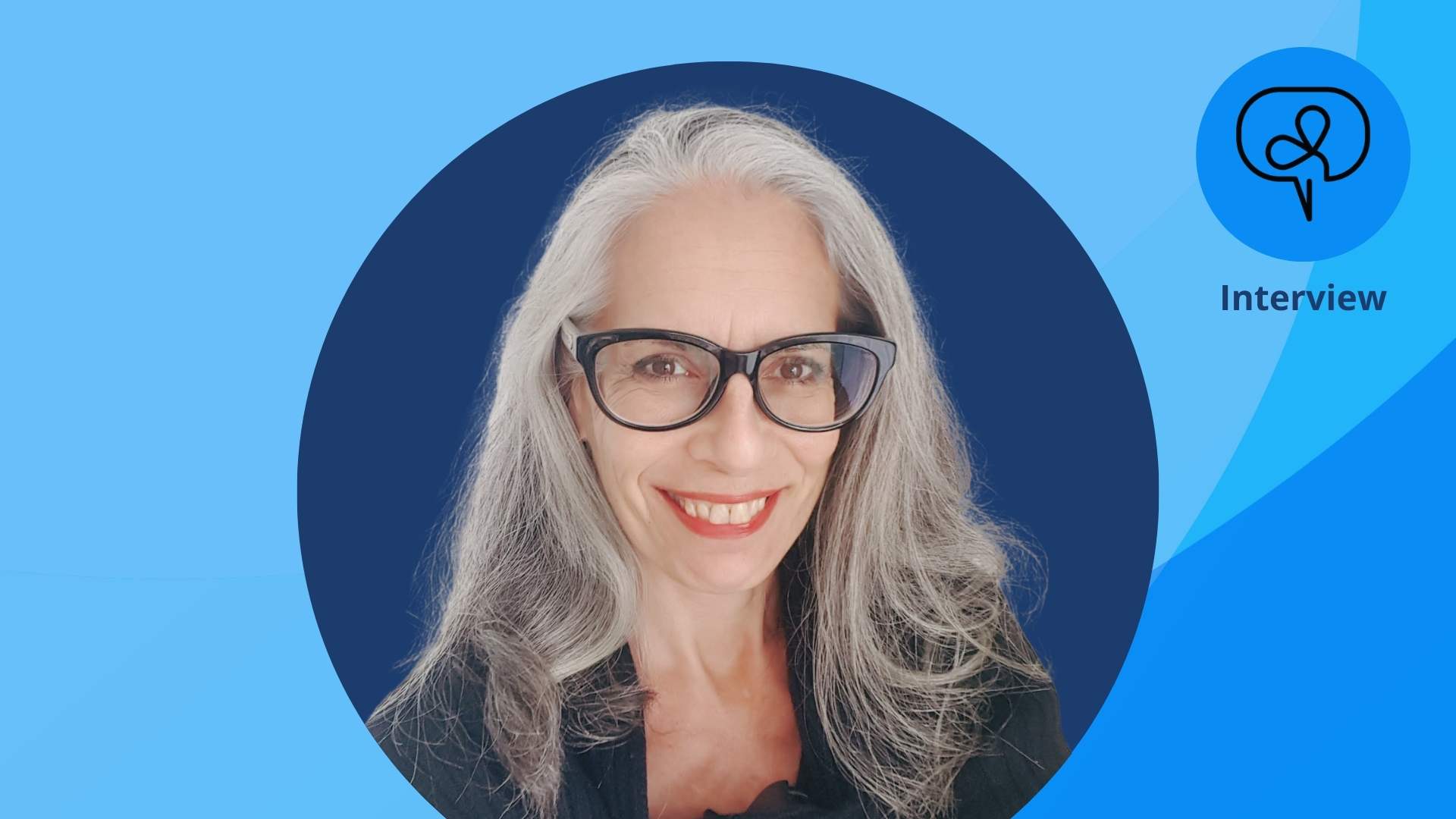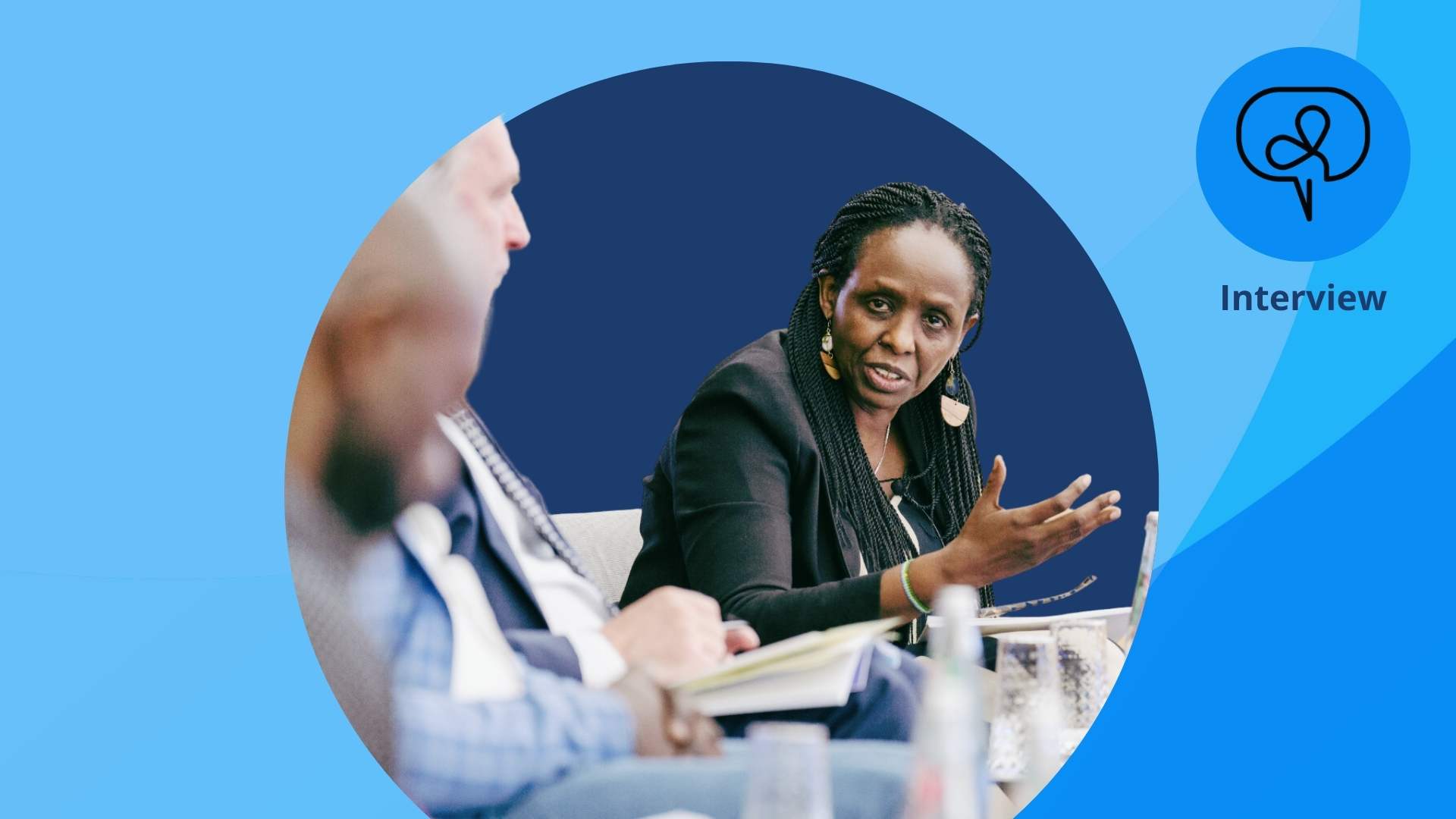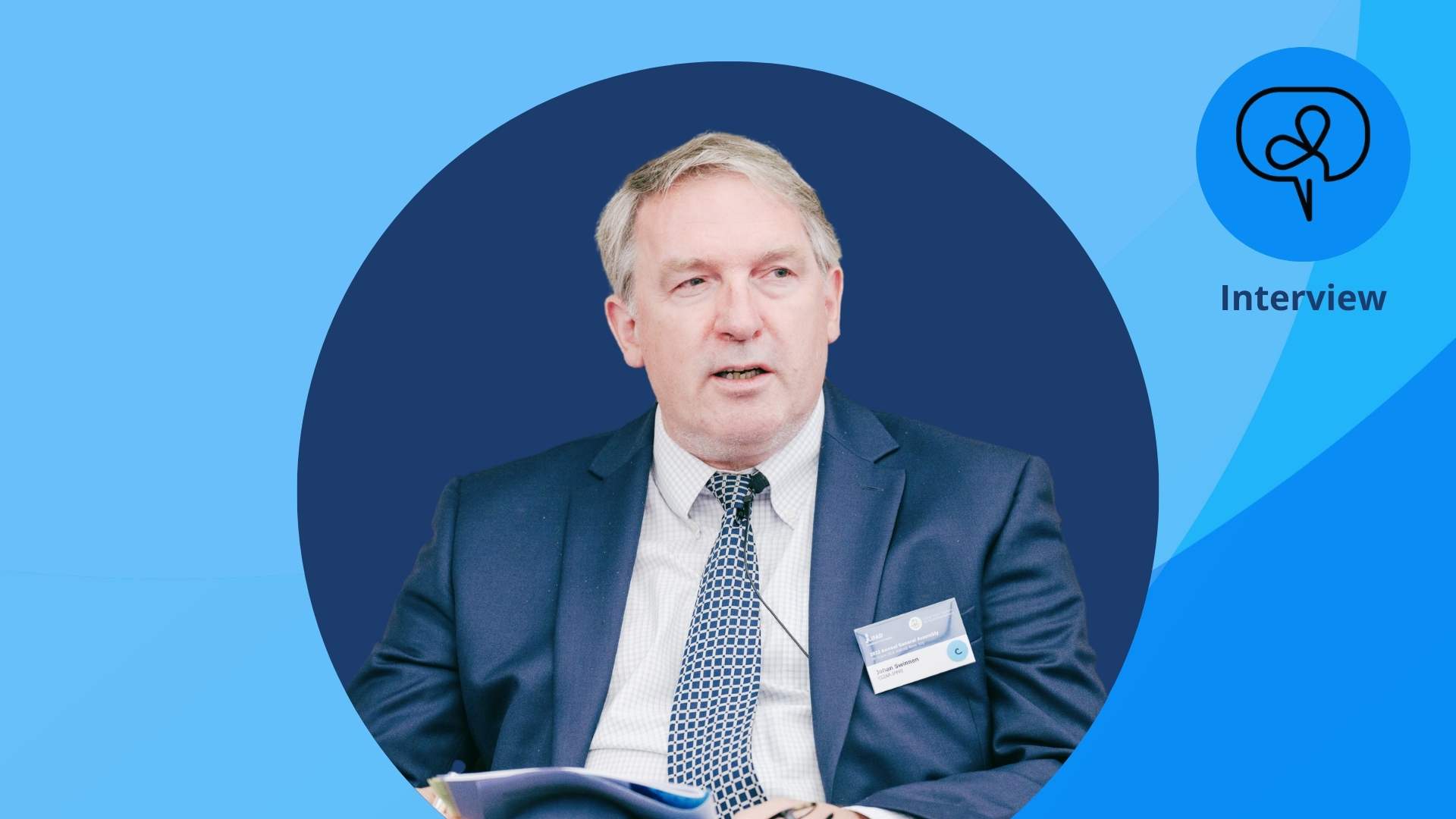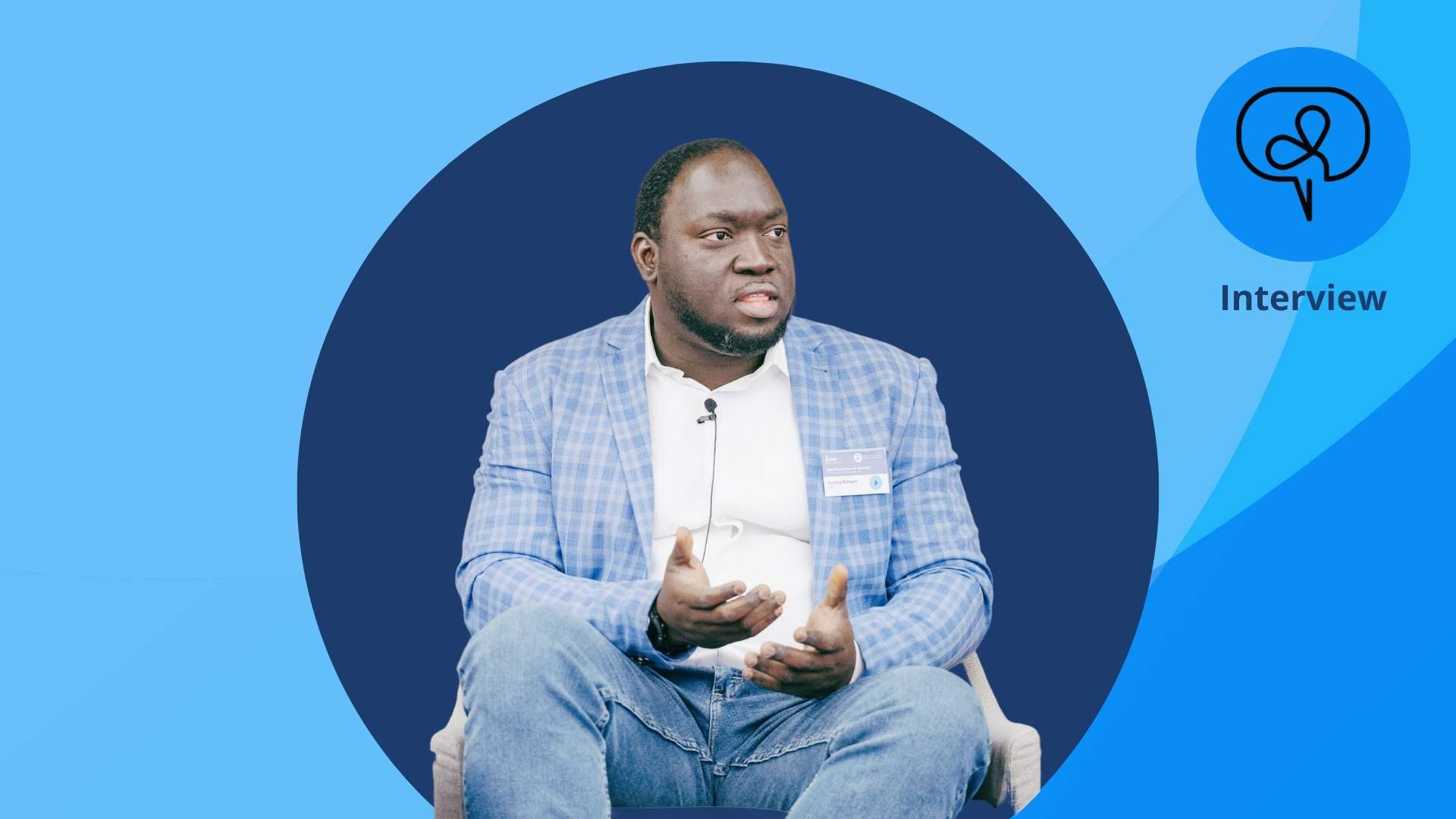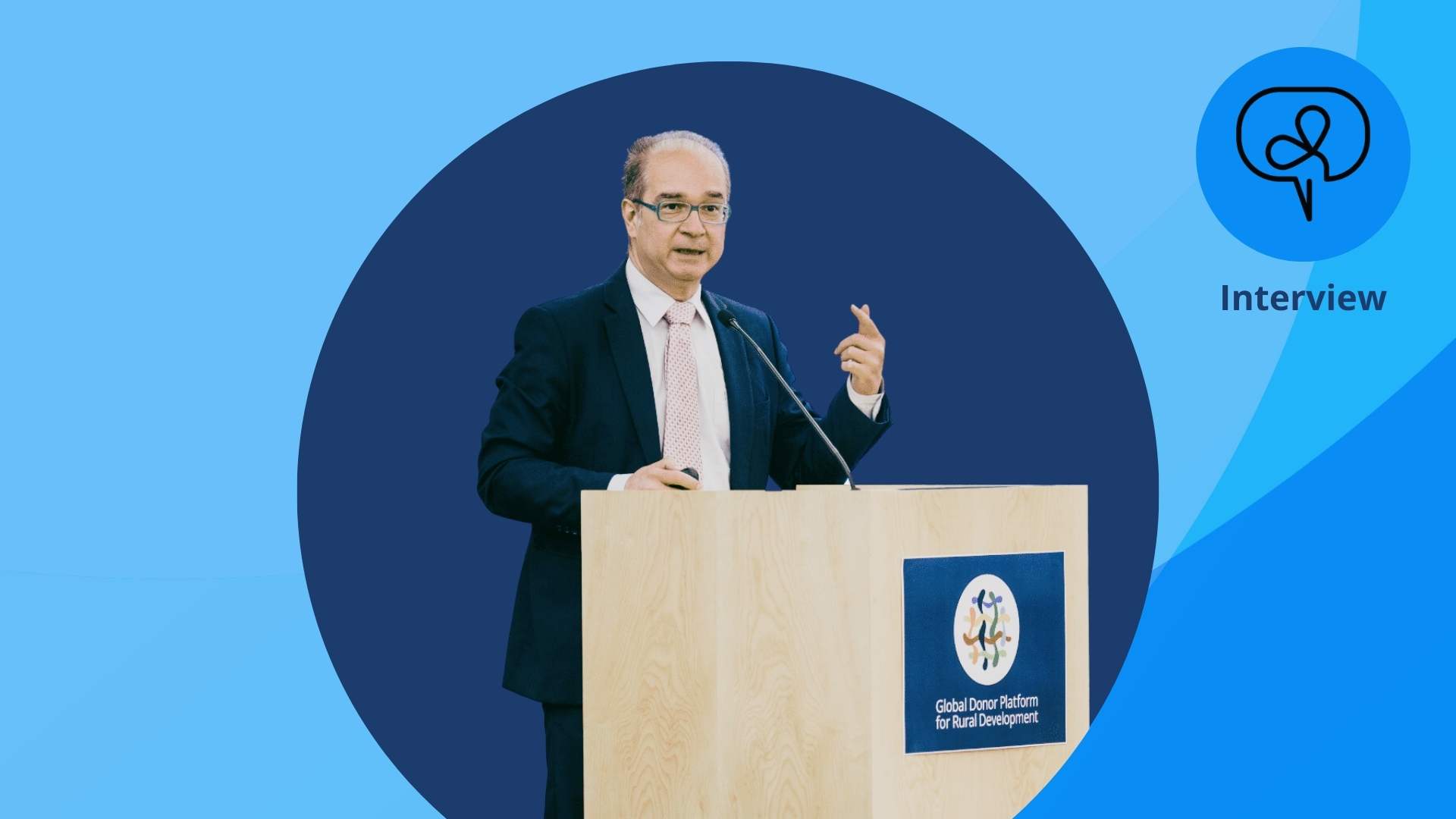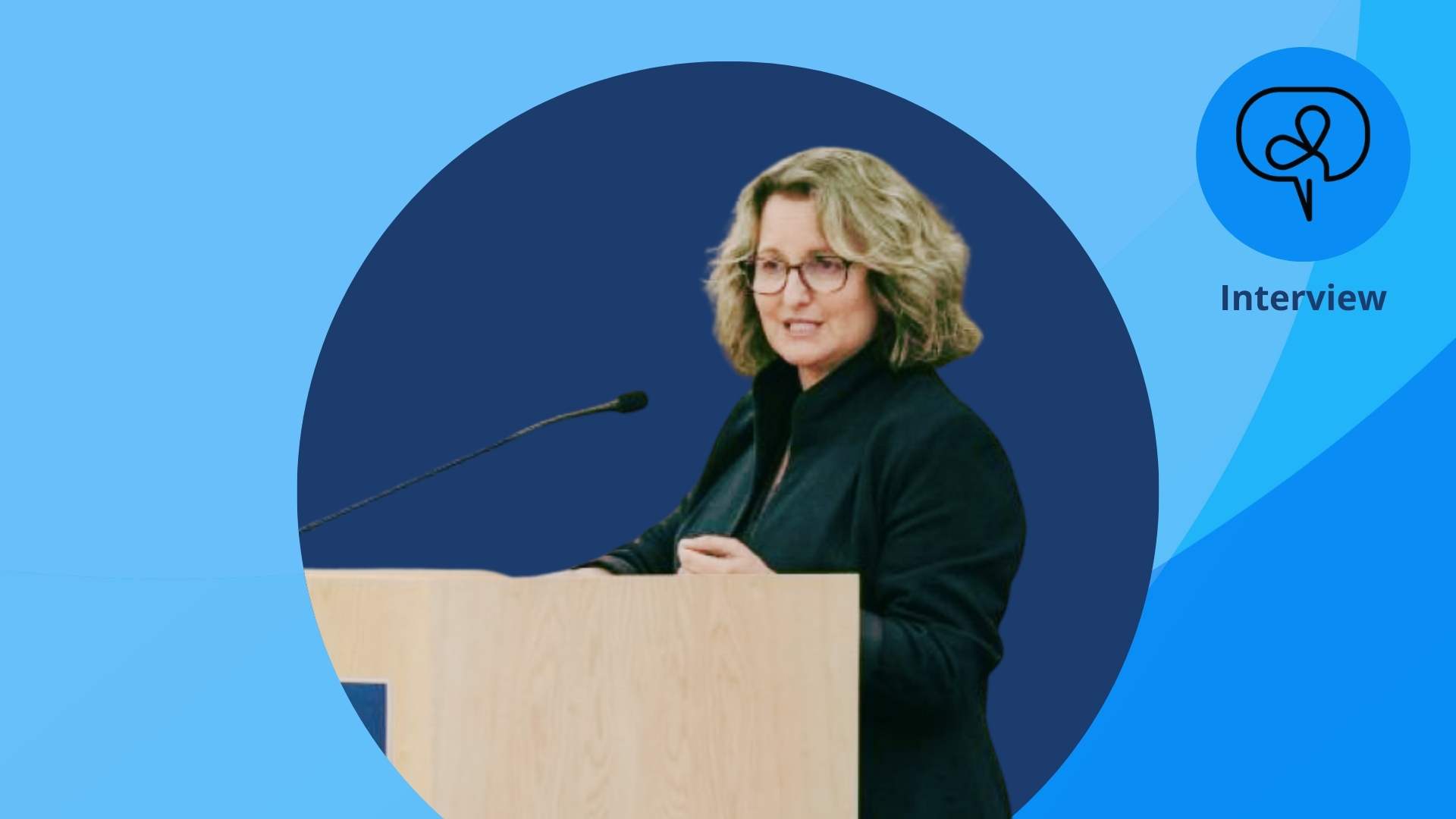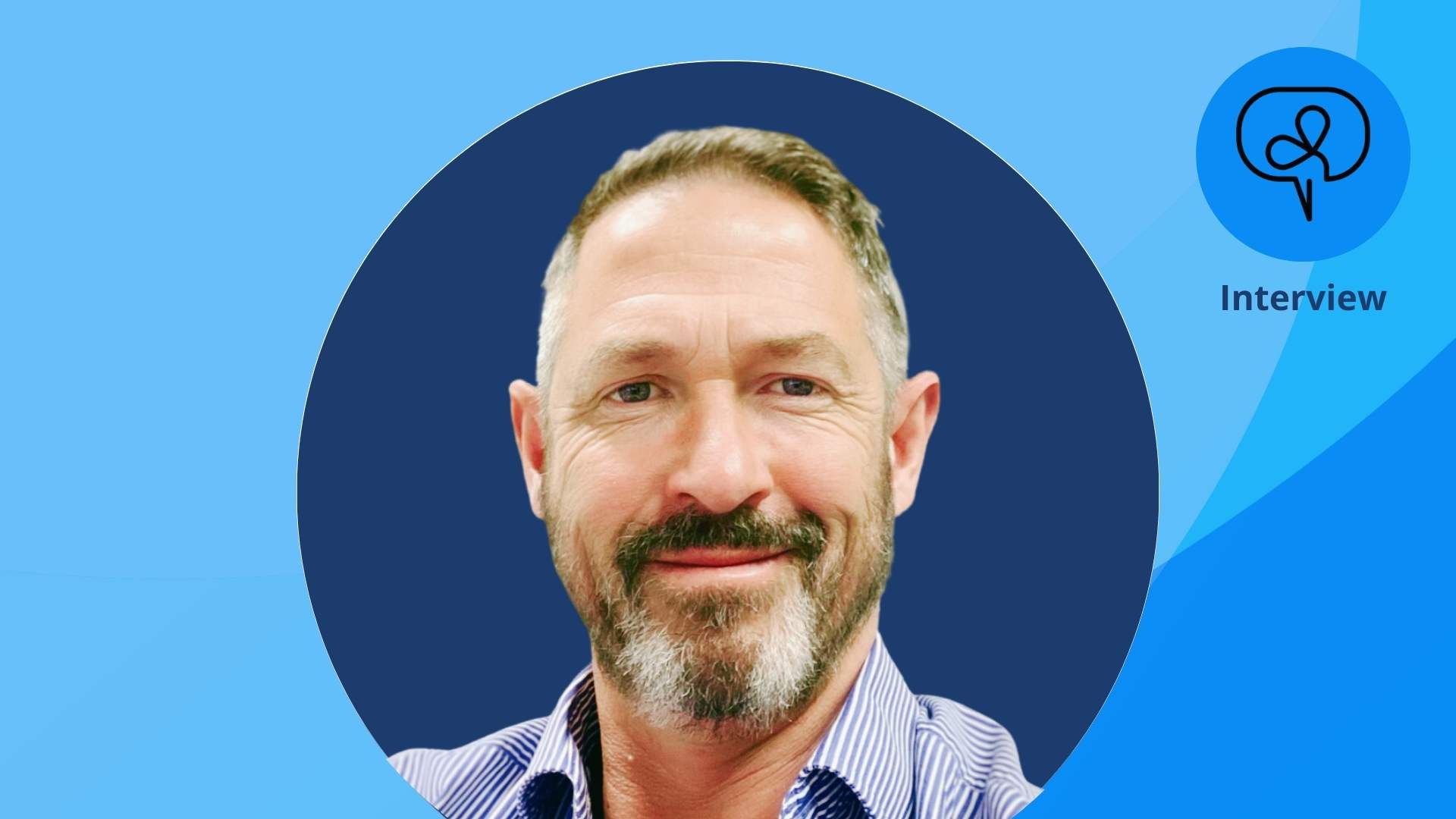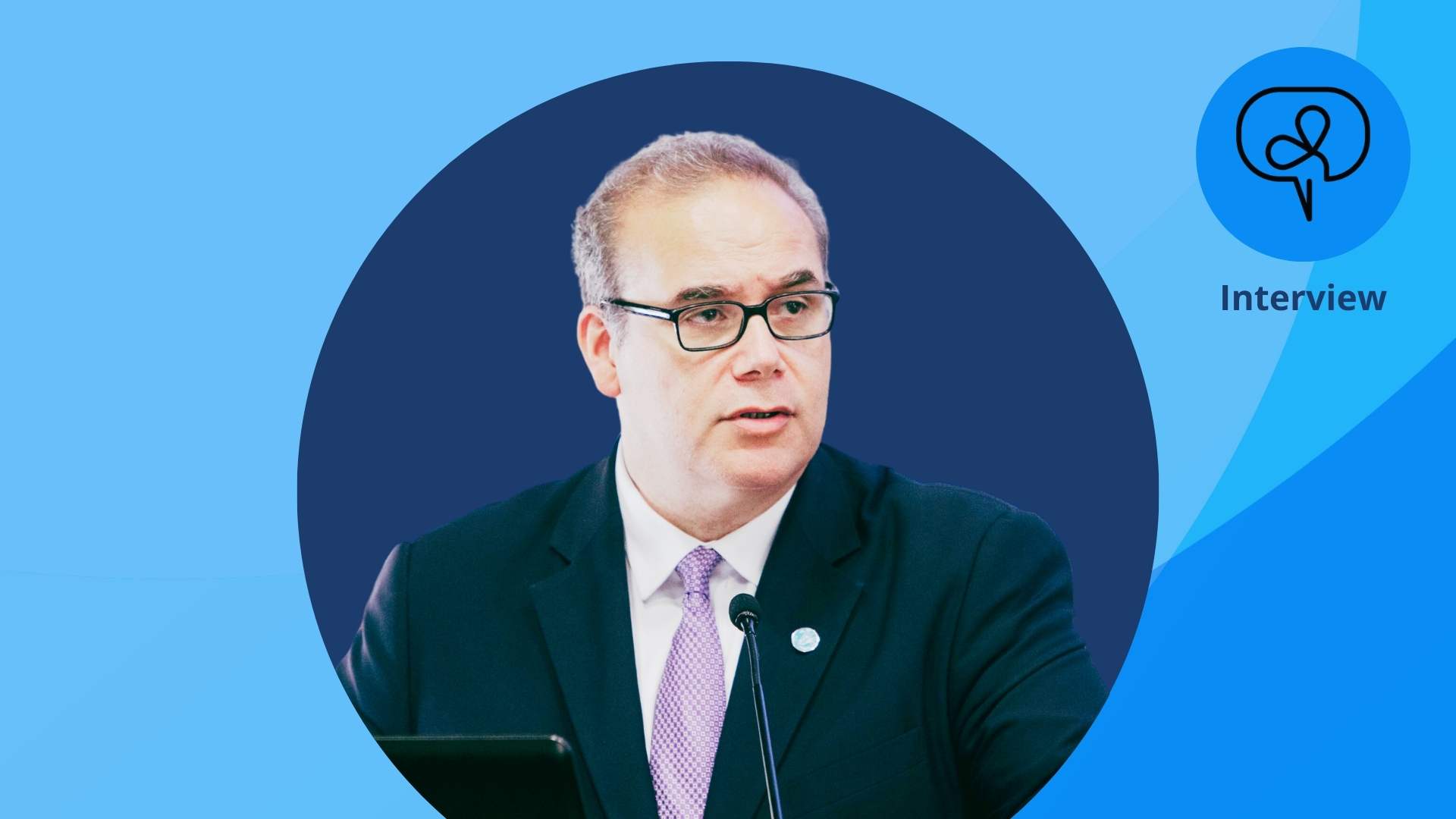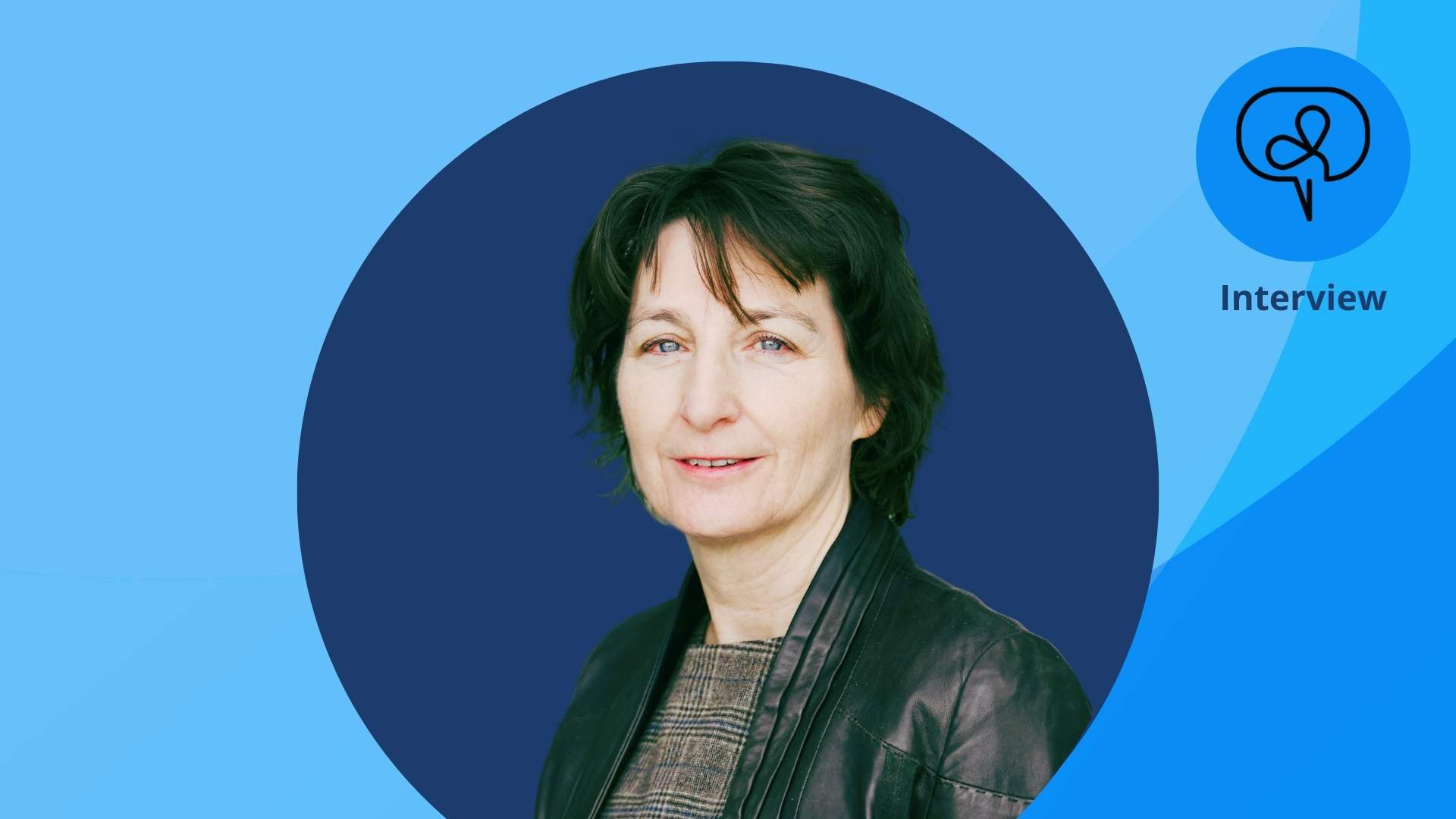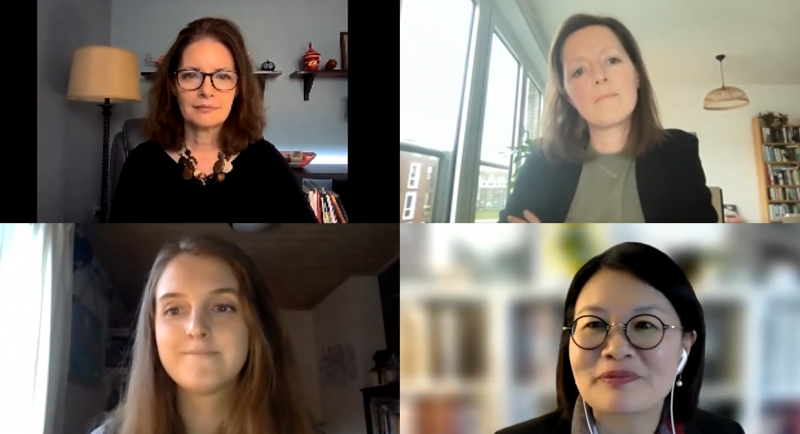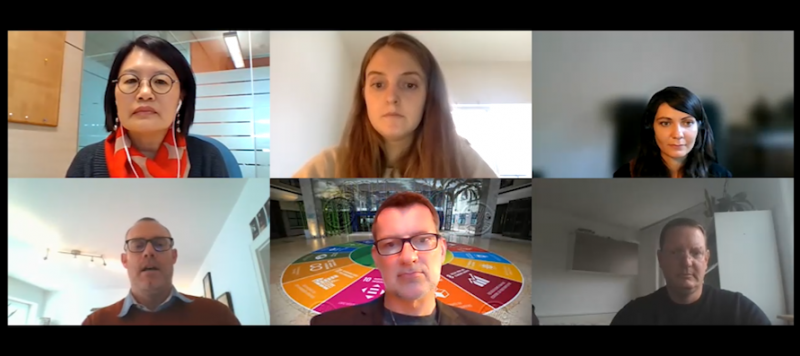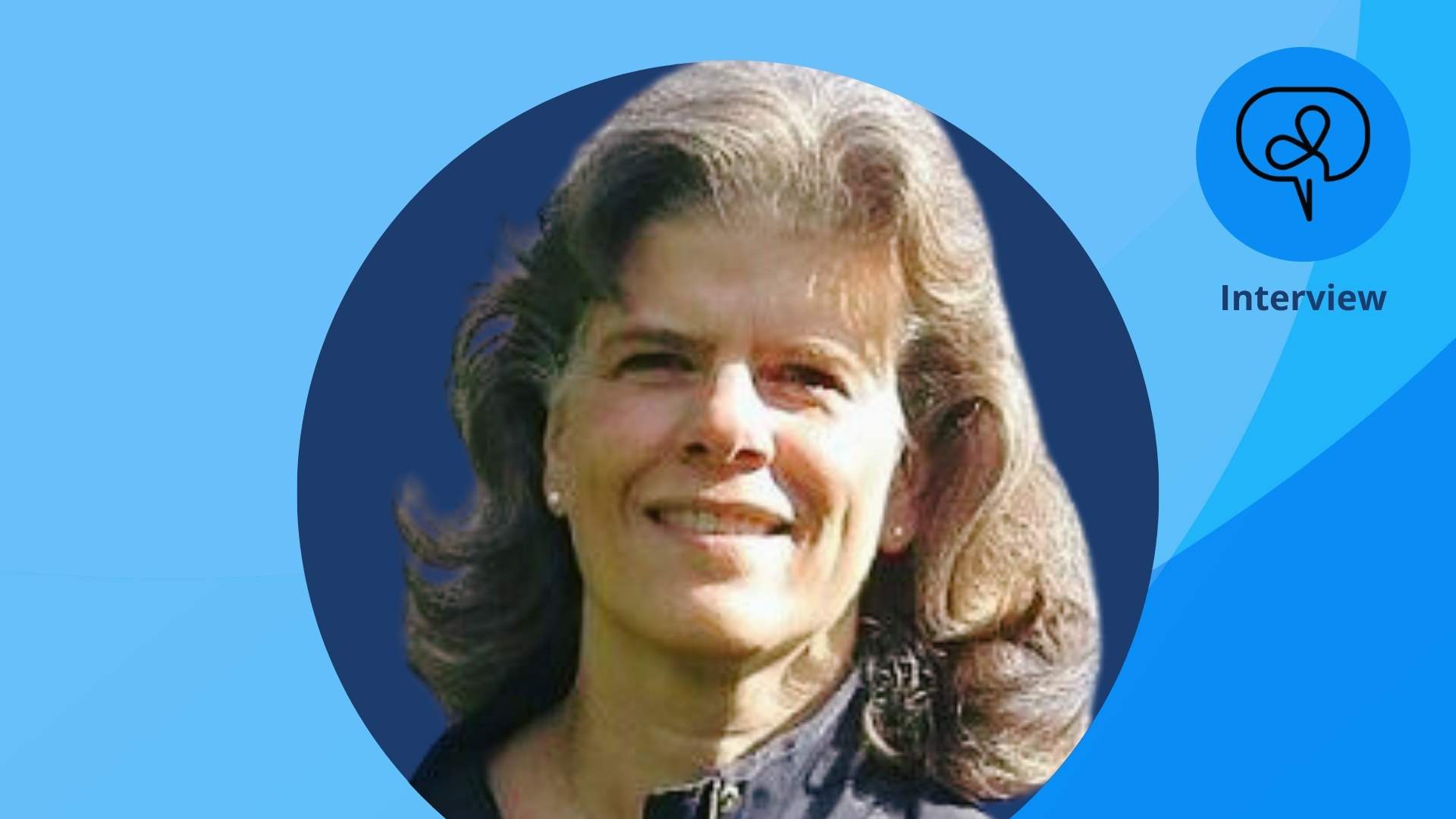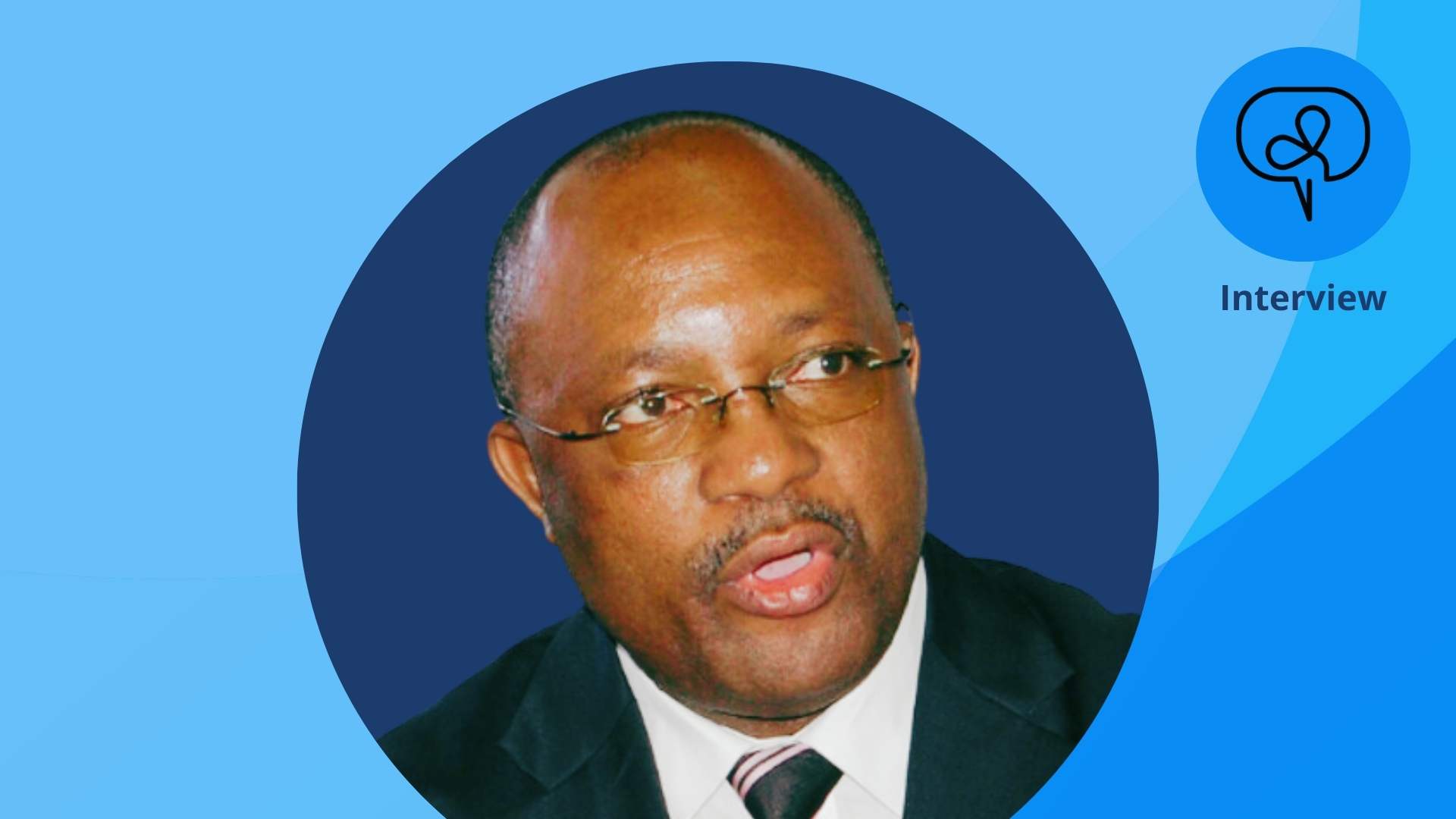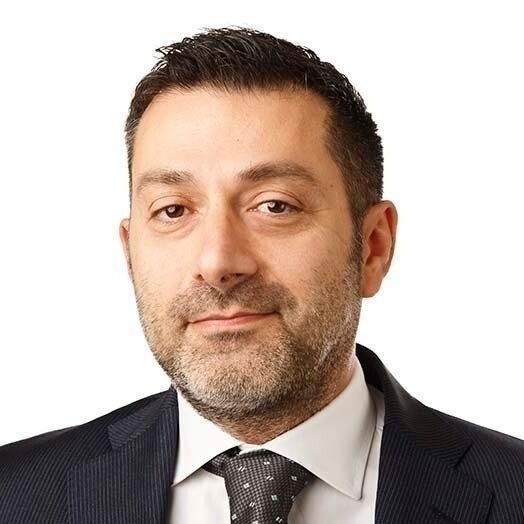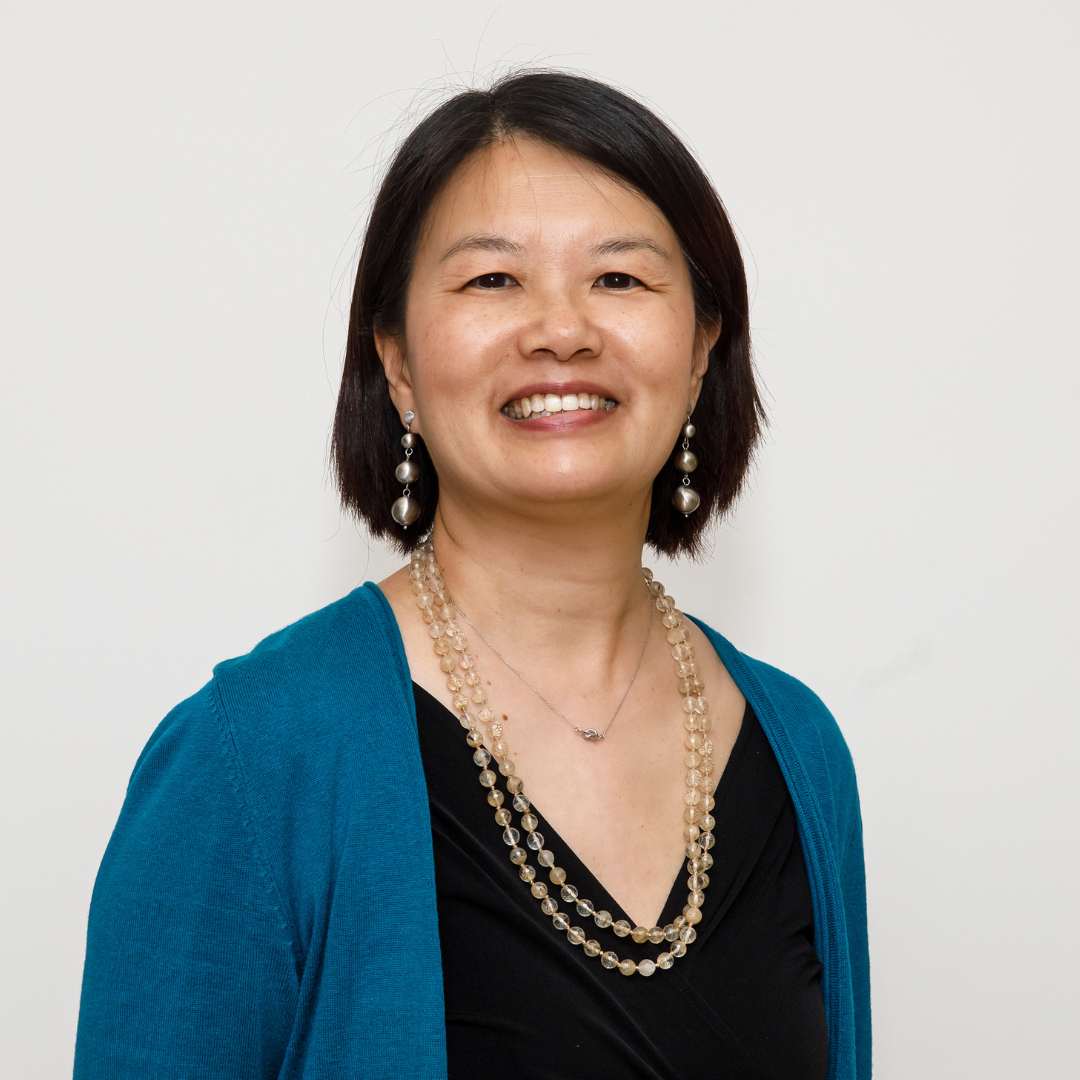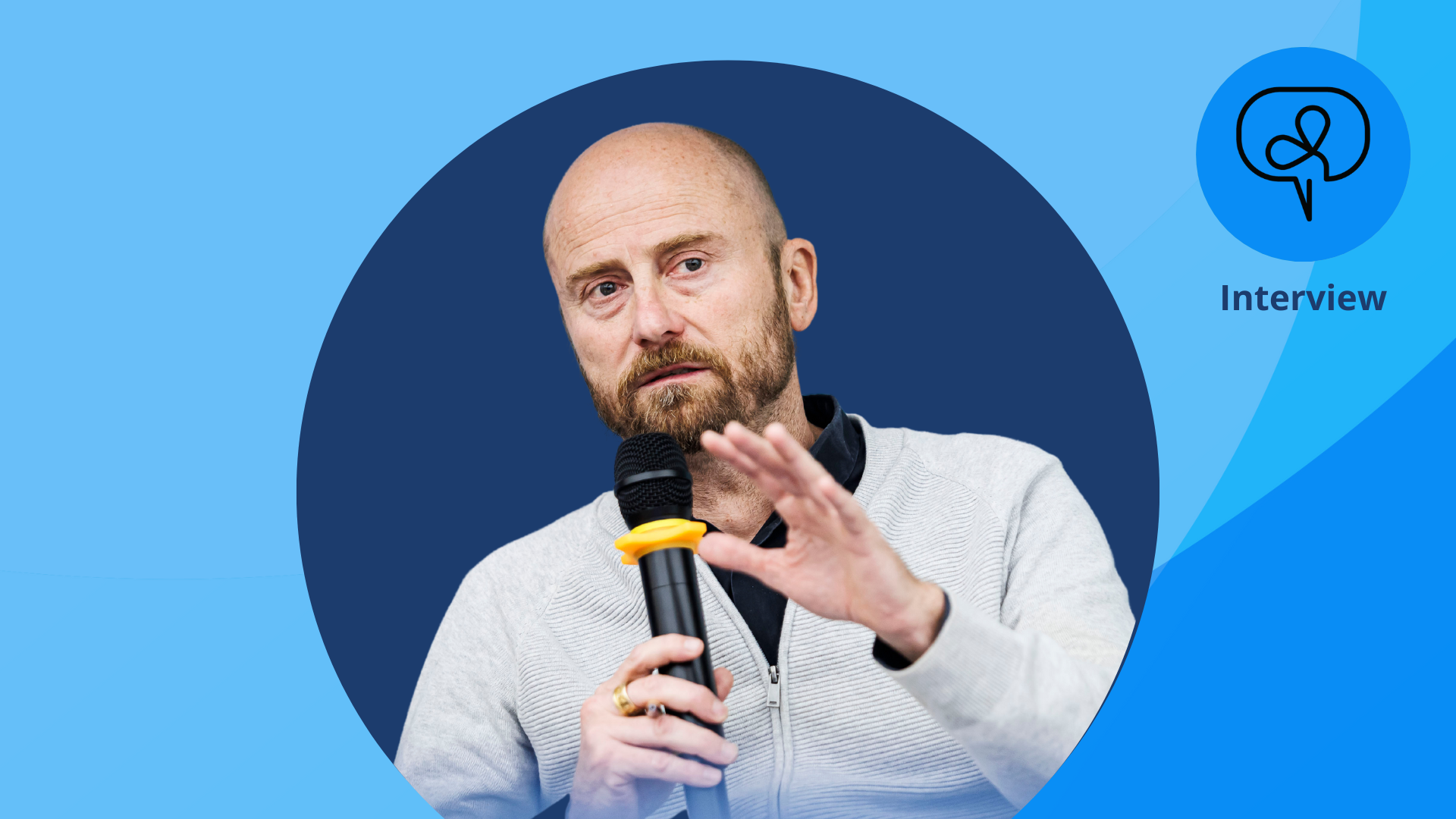
An interview with the Chair of the Global Donor Working Group on Land.
Ward Anseeuw leads the Land Tenure Team at the Food and Agricultural Organization of the United Nations (FAO).
Carlotta Cramer/GDPRD: Congratulations on your role as Chair of the Global Donor Working Group on Land at the Donor Platform. What motivated you to take on this role?
Ward Anseeuw/FAO: There is a need to upscale and mainstream land policies, and to do so, we need to work better together. We need better collaboration at all levels, from global to national and local. The working group on land, which is a coordination platform of mainly donors, is very instrumental to that. I wanted to be more actively engaged, so that we can strengthen the coordination and partnership role of that platform, to achieve greater impact and more coordinated impact on the ground.
Carlotta: Why is land such a crucial component of sustainable food systems transformation and of agricultural and rural development?
Ward: Land is central to all aspects related to food systems transformation and rural development, whether from an economic, political, environmental, social, health, or justice perspective. I'm not saying that if you solve land issues, you will solve all these challenges related to rural development and sustainable food systems, but if you do not work on land, it will always be an obstacle to development, food systems and rural transformation.
Land is central to all aspects related to food systems transformation and rural development. If you do not work on land, it will always be an obstacle to development, food systems and rural transformation.
Carlotta: You were recently at the COP 16 of the UN Convention to Combat Desertification in Riyadh and COP 16 of the Convention on Biodiversity in Cali, Colombia. In Cali, land tenure and land use indicators were retained for integration in the Global Biodiversity Framework. Why is it so critical to ensure that land-related indicators and targets are included within these international conventions such as the Global Biodiversity Framework?
Ward: It is important to upscale and mainstream the work on land, whether within the land sector or beyond, and in other forums related to the sector such as the UNCCD or CBD. This can be done by being present in these forums to promote land and ensure it is part of the narrative. But there is also a need to go a step further and institutionalize this through, for example, the integration of indicators within monitoring or strategic frameworks on which states have to report and show progress.
The work we did in Riyadh at the UNCCD COP16 and at CBD in Cali is to position land within these strategic and monitoring frameworks by getting land tenure and land use indicators adopted.
The role of the Global Donor Working Group on Land here is to support that narrative within these frameworks and forums, to encourage uptake, and to influence the decisions regarding the adoption of these indicators. We reached out to many of the delegations within these forums, beginning with those in the working group, to ensure support not only for the land narrative, but also for the adoption of land indicators in the formal decisions of these forums.
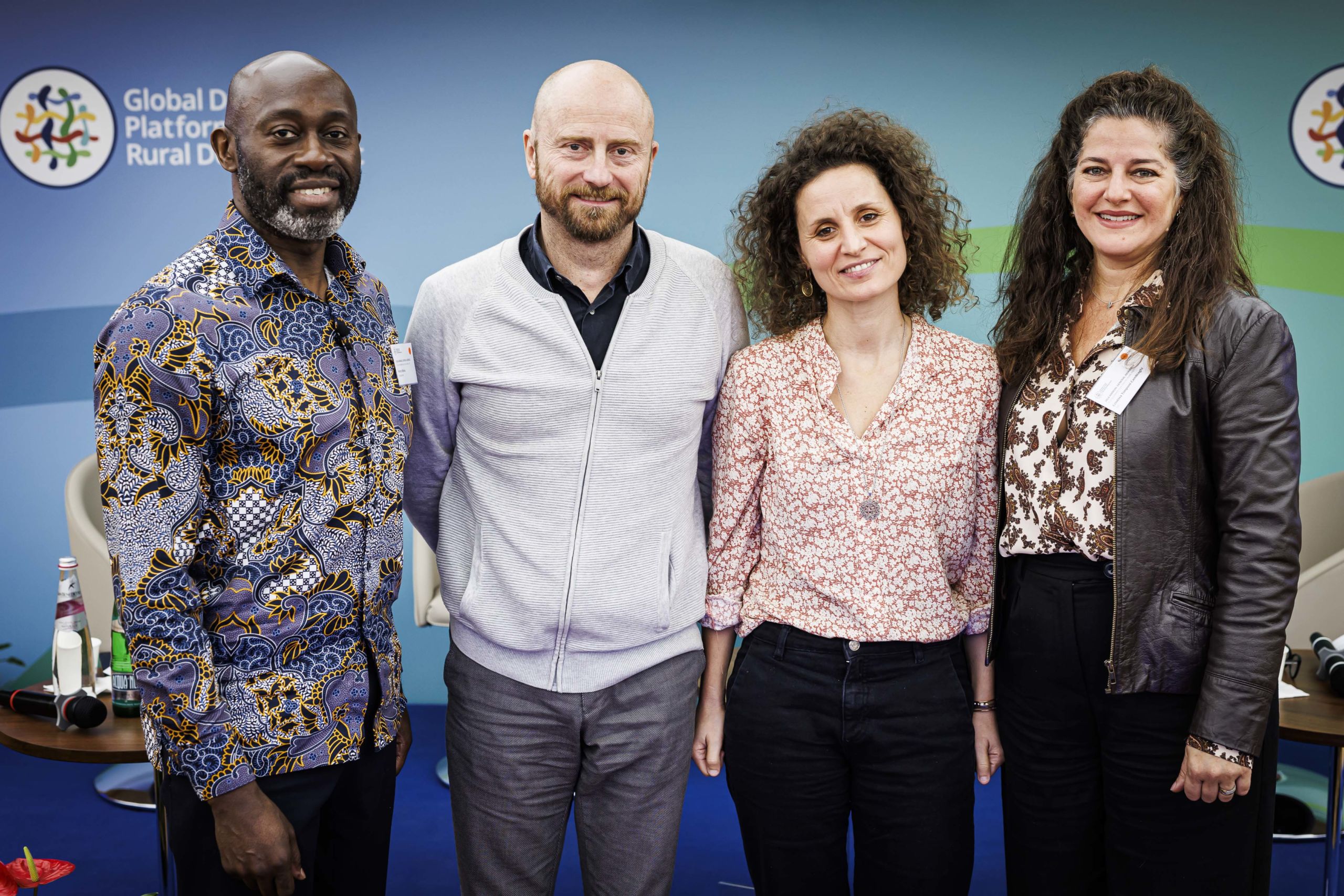
The role of the Global Donor Working Group on Land here is to support that narrative within these frameworks and forums, to encourage uptake, and to influence the decisions on the adoption of these indicators.
Carlotta: You have been Chair of the Global Donor Working Group on Land since May 2024. What are your ambitions going forward for the group?
Ward: I would say effective coordination at the global level, trickling down to the national level. What the platform has been doing over the past years is really to coordinate and to inform other members of the group about what each one does at the global and other levels.
I hope to further concretize this so that we can form solid and structured coordination mechanisms and partnerships at the national level where we work. This means a bit more investment, not only in sharing information at the global level, but also in creating an effective platform that is decentralized according to countries or regions where donors would then bring their activities together.
This seems to be working quite well in Africa, where there is already an existing platform and where information is more structured at the country level. There is still a bit of work to be done at the other levels, but I am sure we can further develop and implement this in the coming year.
There is a willingness for effective change on the ground.
Learn more about the land governance thematic working group and the land session at the 2024 Annual General Assembly.
Photos: ©Flavio Ianniello/IFAD

